Jim Carrey in Eternal Sunshine of the Spotless Mind
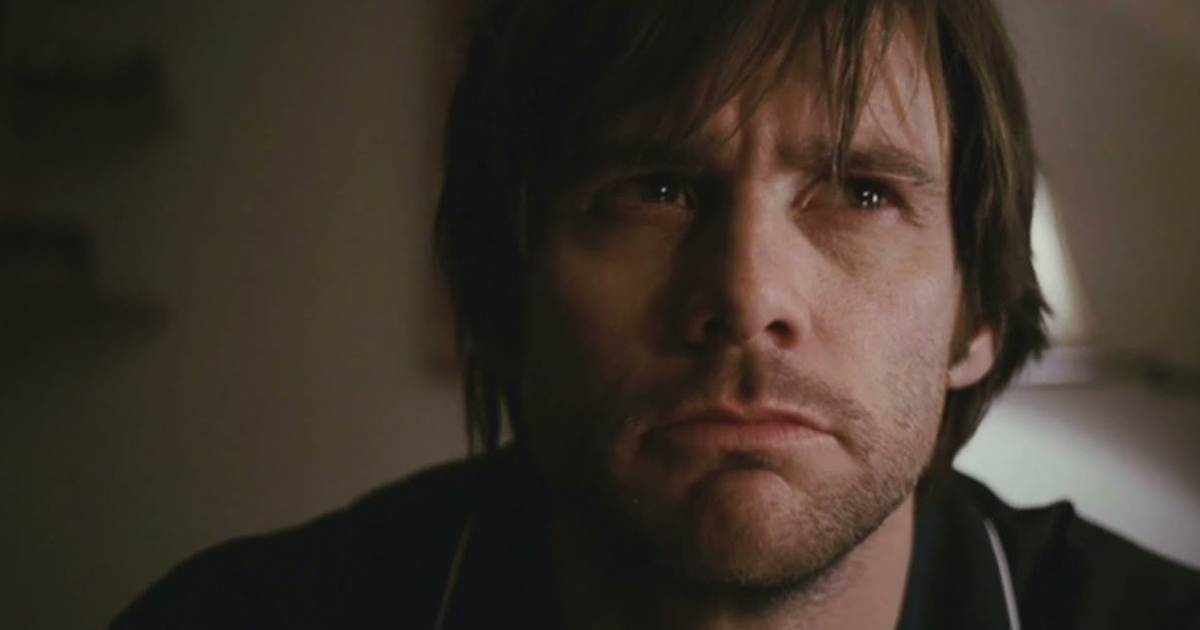
No other comic actor had the level of success that Jim Carrey had in the 1990s, jumping from iconic role to iconic role with the Ace Ventura movies, Liar Liar, Dumb and Dumber, The Mask, Batman Forever and more. Even so, critics and audiences were surprised to see the rubber-faced, hyperactive Canadian also had real serious dramatic chops. Carrey first tried his hand at real drama in 1998’s massively acclaimed The Truman Show, but the performance that really left viewers astonished came in 2004’s Eternal Sunshine of the Spotless Mind. Far removed from the loud, energetic turns he made his name on, Carrey received universal praise for his subdued, poignant turn in director Michel Gondry’s heartfelt sci-fi drama.
Steve Carrell in Foxcatcher
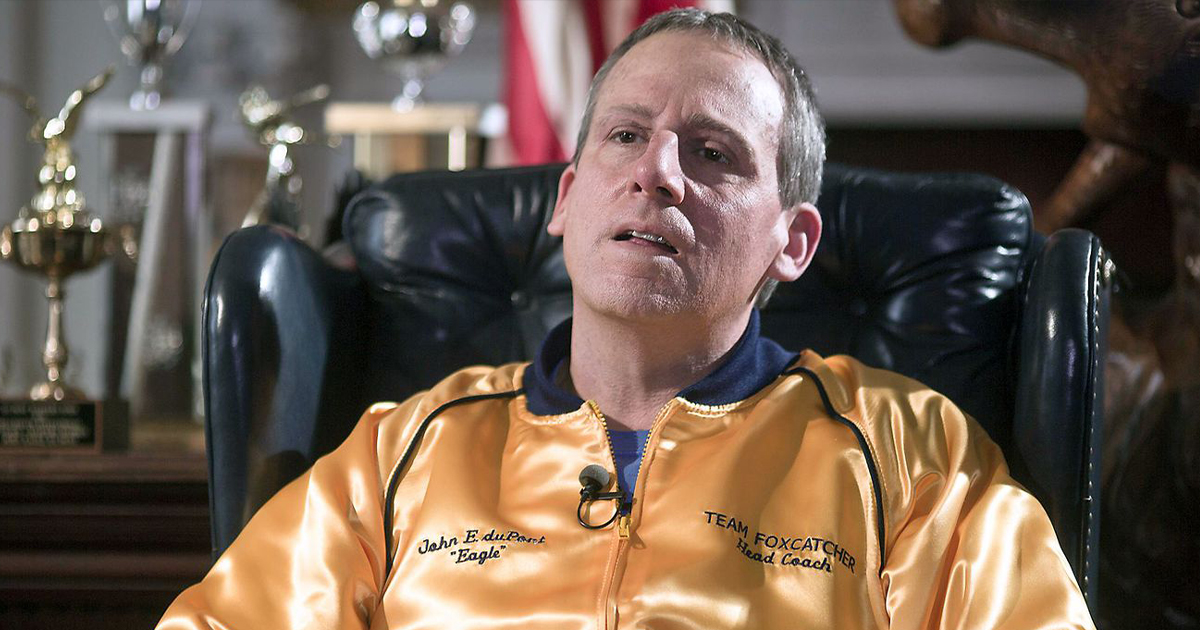
Thanks to the likes of Anchorman, The 40-Year-Old Virgin and the US version of TV’s The Office, Steve Carrell is first and foremost considered a funnyman. However, his more nuanced and grounded turns in Little Miss Sunshine, Dan in Real Life and The Big Short prove he can also do drama. Even so, few could have anticipated Carrell being capable of such a sinister and unnerving performance as he gave in Foxcatcher. The 2014 fact-based drama cast Carrell (under heavy makeup) as real-life millionaire and murderer John du Pont, and Carrell’s astounding work earned him a Best Actor Oscar nomination.
Don Rickles in Casino
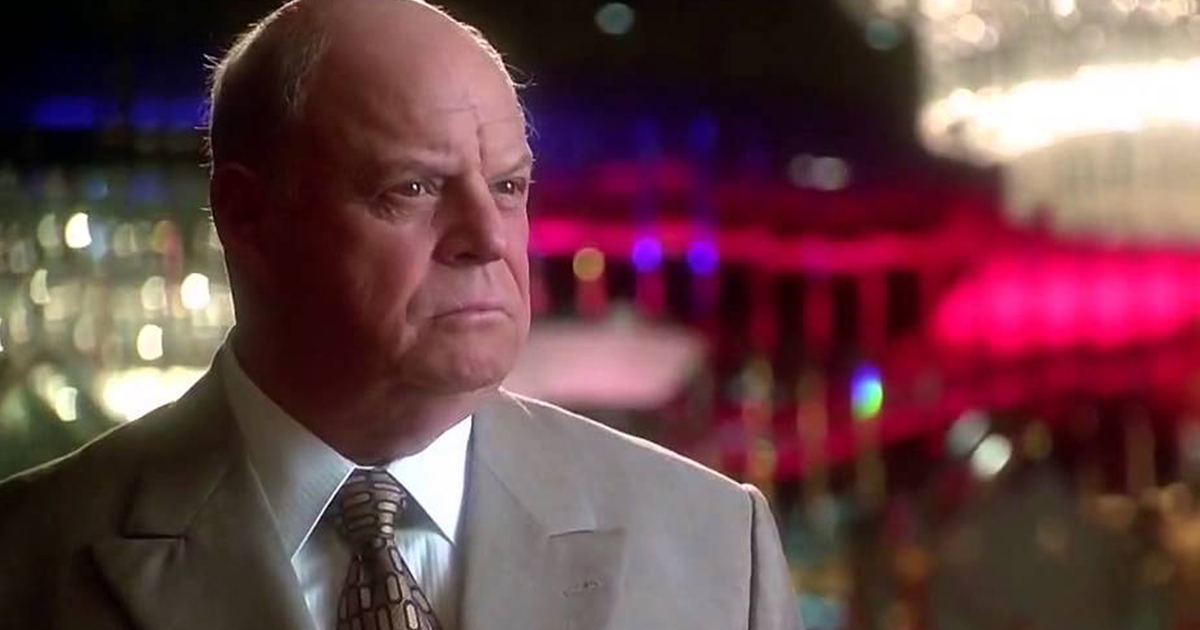
The late, great Don Rickles is a name that was always synonymous with comedy. He first hit the big time as a stand-up comedian on the club circuit in Las Vegas back in the 50s before side-stepping into movies, mostly playing roles that hinged on his comedic prowess in such hits as Bikini Beach and Kelly’s Heroes. In 1995, however, Rickles co-starred as pit boss Billy Sherbert in Martin Scorsese’s Casino, a not-so-funny film concerning the days of mob rule in Vegas, a world Rickles knew more than any other comedian. Never before or after did Rickles give so grounded and serious a turn. He did play Mr. Potato Head in Toy Story that same year, but the point still stands.
Adam Sandler in Uncut Gems
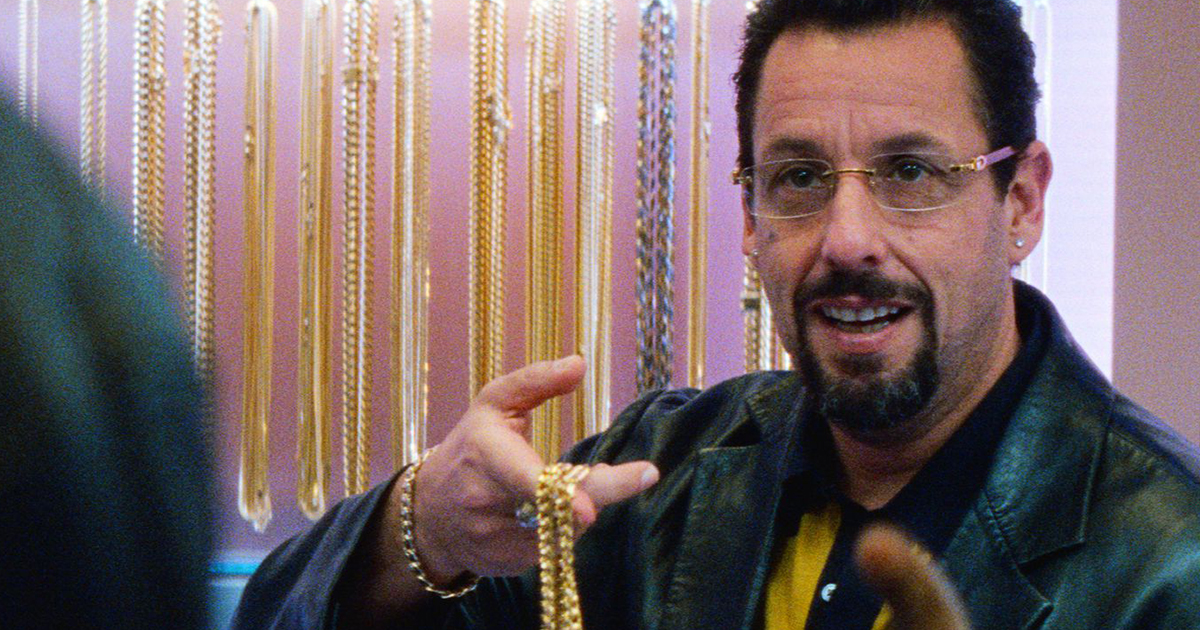
It’s hard to believe how bad Adam Sandler’s comedy roles had gotten just prior to 2019. After breaking through in the 90s with such hits as The Wedding Singer, Sandler’s brand of slovenly man-child humour had long since grown stale, and after a slew of turkeys like Jack and Jill and the Grown-Ups movies, Sandler’s name became a byword for box office poison. That was until the Safdie brothers gave him his greatest dramatic role to date in Uncut Gems. Critics hailed Sandler’s turn as jeweler Howard Ratner as the best of his career, and there was widespread surprise when he didn’t receive a Best Actor Oscar nomination for his efforts.
Robin Williams in Good Will Hunting
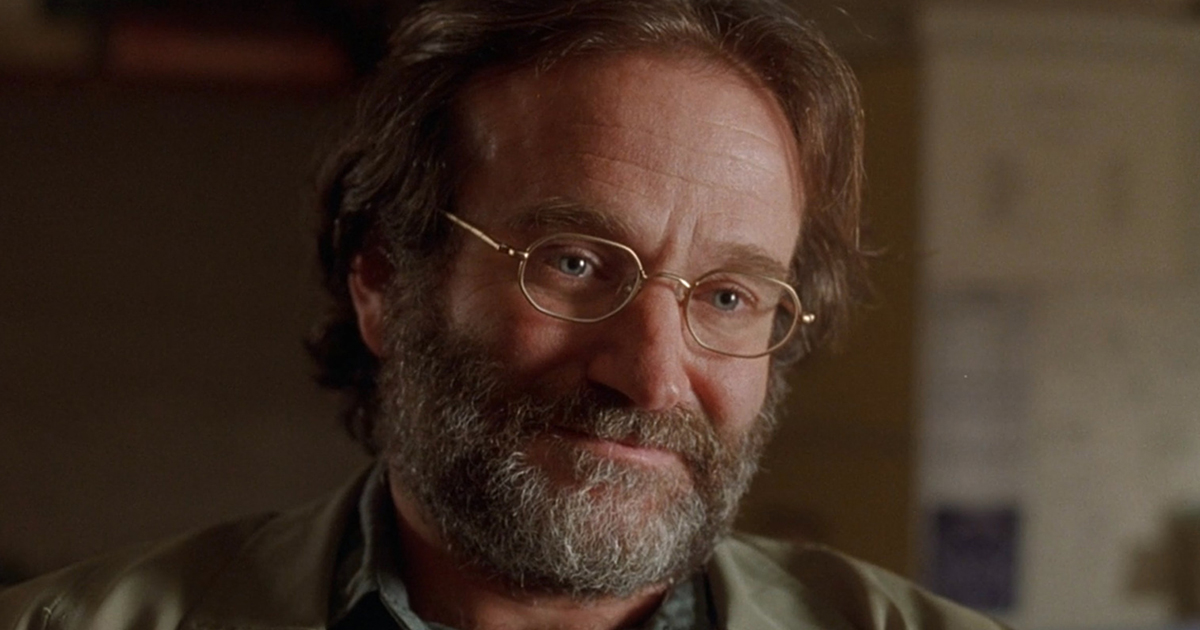
Few comedians in the past 50-odd years have been anywhere as beloved as the sadly missed Robin Williams. After breaking through as a stand-up, Williams became a TV superstar with wacky sitcom Mork & Mindy before moving into a film career that capitalised heavily on his high-energy comedic flair. Still, Williams could dial it back for drama when he needed to. His work in Dead Poets Society and Good Morning, Vietnam was widely praised, but Williams arguably never gave a better dramatic performance than when he portrayed Matt Damon’s therapist Sean in Good Will Hunting. The film saw Williams awarded the Best Supporting Actor Oscar.
Chris Rock in TV’s Fargo
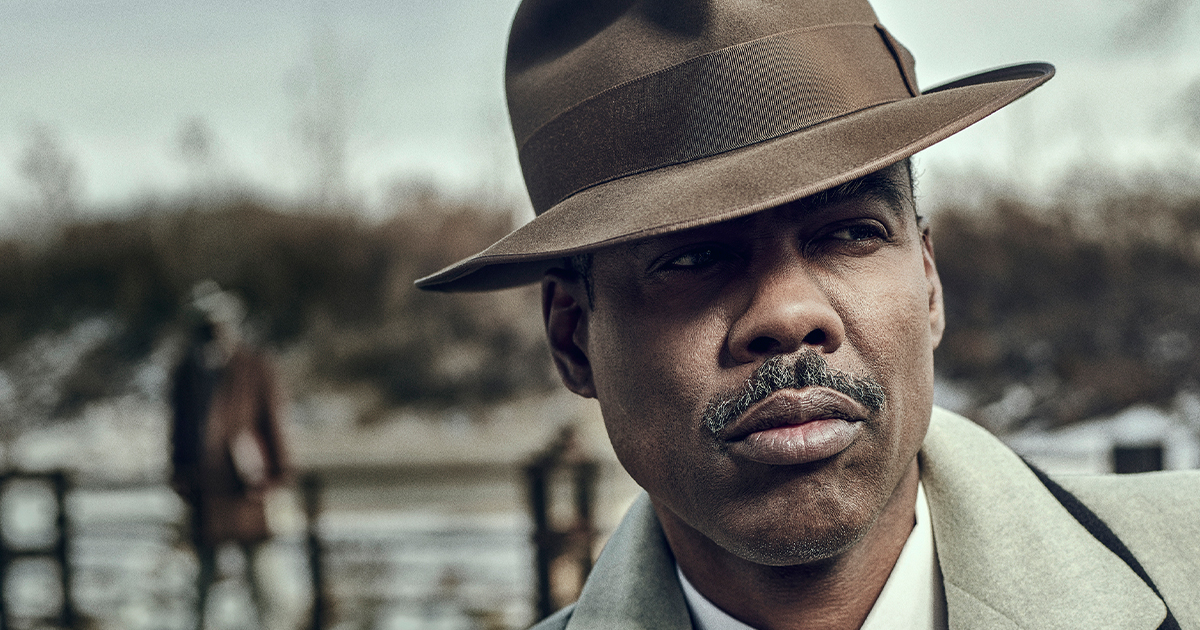
Even if Zoomers only know him from being slapped by Will Smith at the Oscars, the rest of us know how influential and irreverent Chris Rock was when he came onto the stand-up scene in the mid-1990s. He’s also had his fair share of movie roles, with the likes of Lethal Weapon 4, Dogma, Death at a Funeral and the Madagascar movies hinging on his comedic skills. Rock has a serious side, however, and this has come to the forefront in comedy-drama Nurse Betty, horror Spiral and above all in season four of TV’s Fargo. Reviews for the season overall were mixed, but Rock’s turn as gangster Loy Cannon came as a surprise to many and earned him a nomination for Best Actor in a Limited Series at the 2021 Critic’s Choice Awards.
Jerry Lewis in The King of Comedy
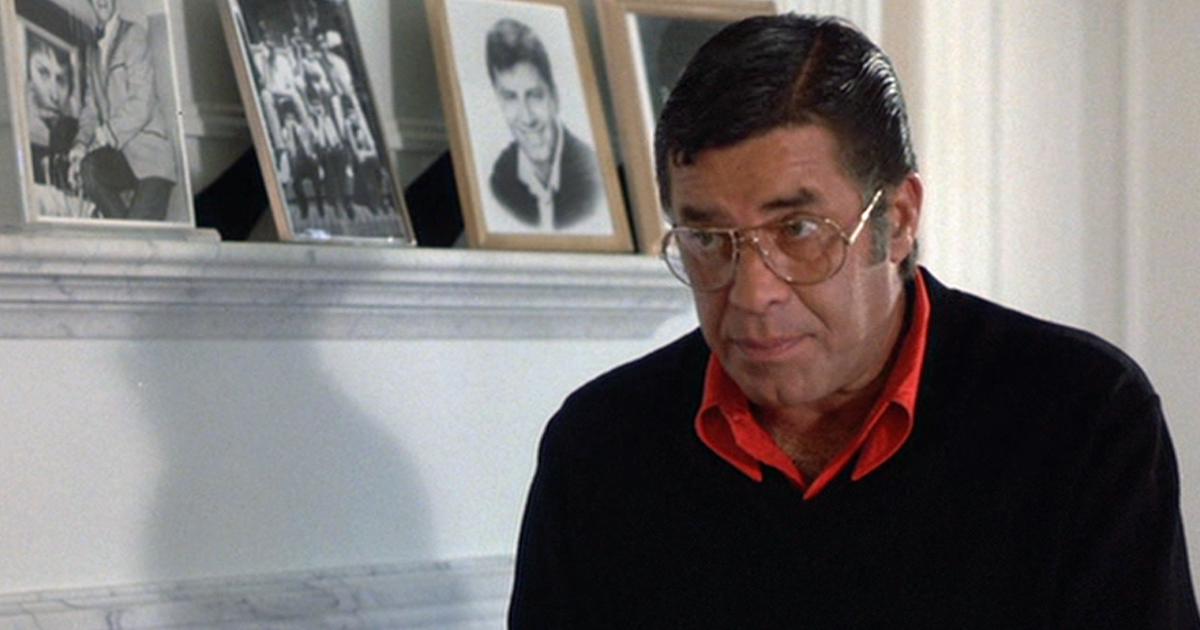
Jerry Lewis broke through as one half of double act Martin and Lewis, but while his cohort Dean Martin was best known for singing, Lewis was always known for being funny. He parlayed this into a long and successful comedy career on stage and screen, both directing and starring in such hits as The Bellboy and The Nutty Professor. One can only imagine the surprise, then, when Lewis was cast in Martin Scorsese’s jet-black satire The King of Comedy in 1982. Not only does Lewis hold his own opposite the intense Robert De Niro, the film proved the darkest, edgiest project the veteran comedian was ever part of.
Billy Connolly in Mrs. Brown
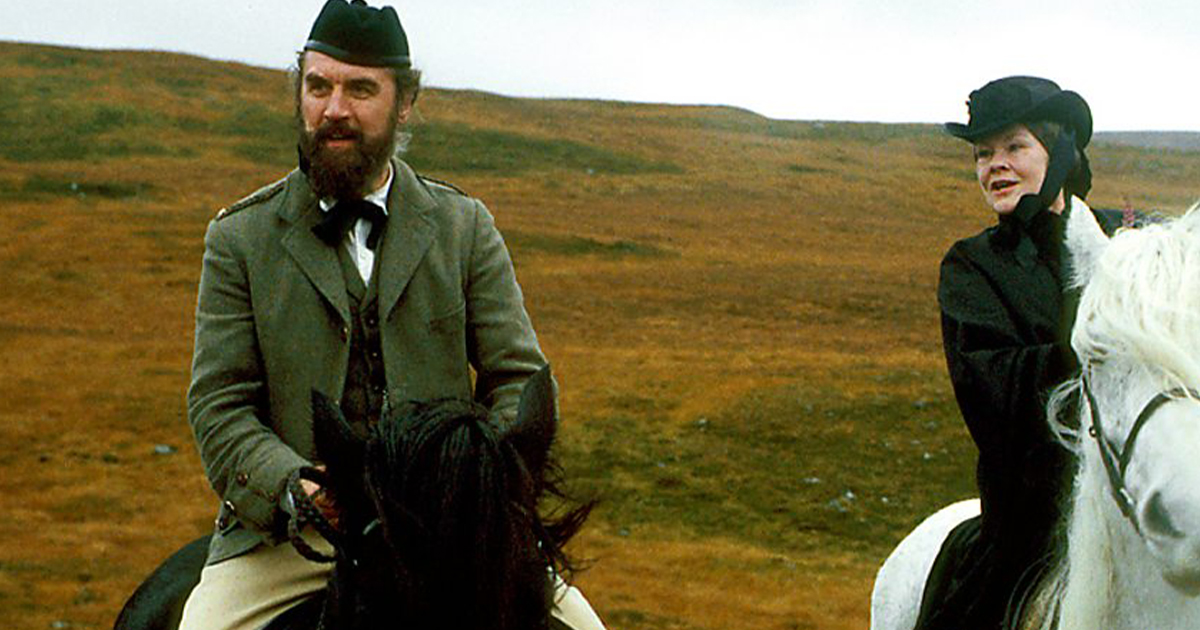
When beloved British actress Judi Dench did not win the Best Actress Oscar for 1997’s Mrs. Brown, many were shocked and outraged. However, there were also plenty of people left less than pleased that Dench’s co-star, Billy Connolly, had not even been deemed worthy of a Best Actor nomination himself. After first breaking through as a musician, Connolly entertained audiences for years with his razor-sharp observational stand-up, and he’s considered one of Britain’s greatest-ever comedians. He’s also done well as a dramatic actor, following Mrs. Brown with roles in The Boondock Saints, The Last Samurai and more.
Bill Murray in Lost in Translation
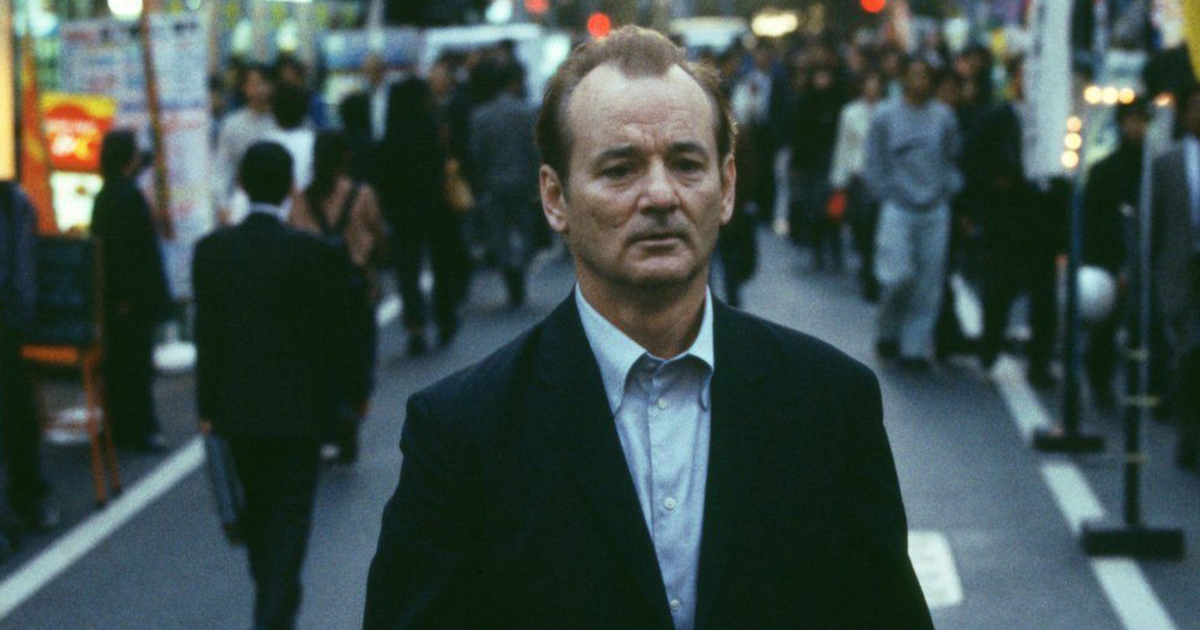
After breaking through in the late 70s with TV’s Saturday Night Live and headlining such beloved movies as Meatballs, Stripes and of course Ghostbusters, Bill Murray’s name is synonymous with comedy. It came as a surprise, then, when Murray revealed his more serious side later in life. 2003 saw Murray take the lead in Sofia Coppola’s Lost in Translation, portraying a jaded, middle-aged actor in the grip of an existential crisis whilst visiting Tokyo. Hotly tipped for the Best Actor Oscar, many felt he was robbed when Mystic River’s Sean Penn took home the gold instead.
Hugh Laurie in TV’s House
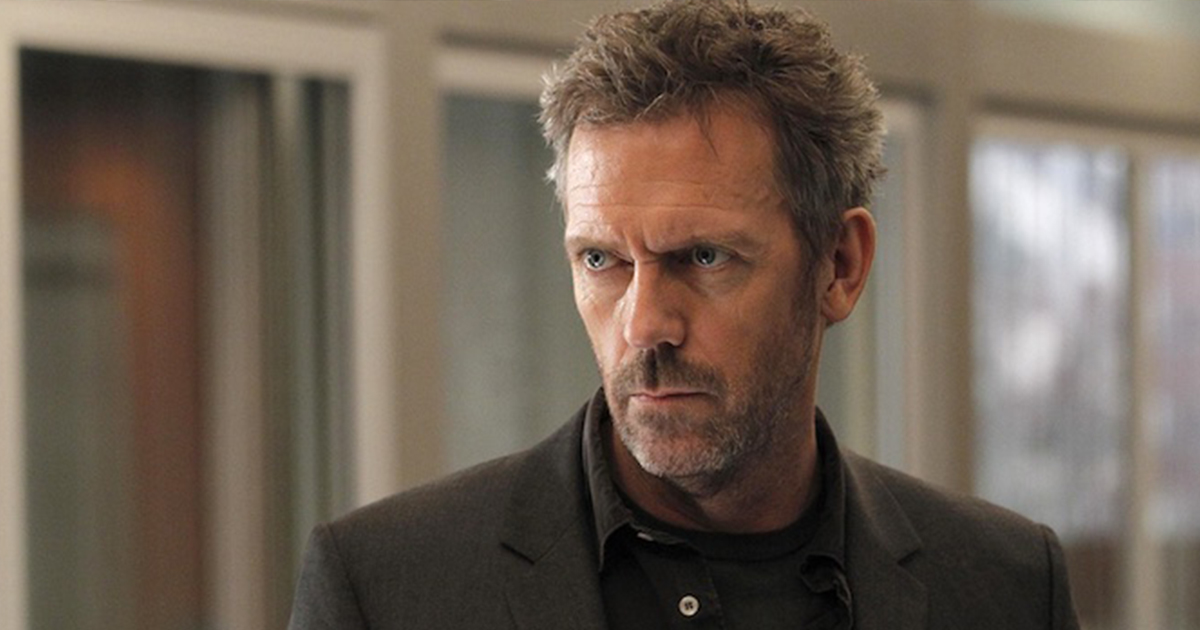
Rising to prominence in a partnership with Stephen Fry, Hugh Laurie was a key player in the British ‘alternative comedy’ movement of the early 80s. Thanks to his performances as George in Blackadder and Bertie Wooster in Jeeves and Wooster, Laurie became so closely associated with the upper-class twit persona that it was hard for him to be taken seriously in his native UK. So it was that Laurie went out west in the early 2000s and completely reinvented himself with the title role in TV medical drama House. Laurie’s turn as the cynical, smart-mouthed, gravel-throated Dr. Gregory House won him a whole new fanbase across the pond, and earned him two Golden Globes to boot.
Bob Odenkirk in TV’s Better Call Saul
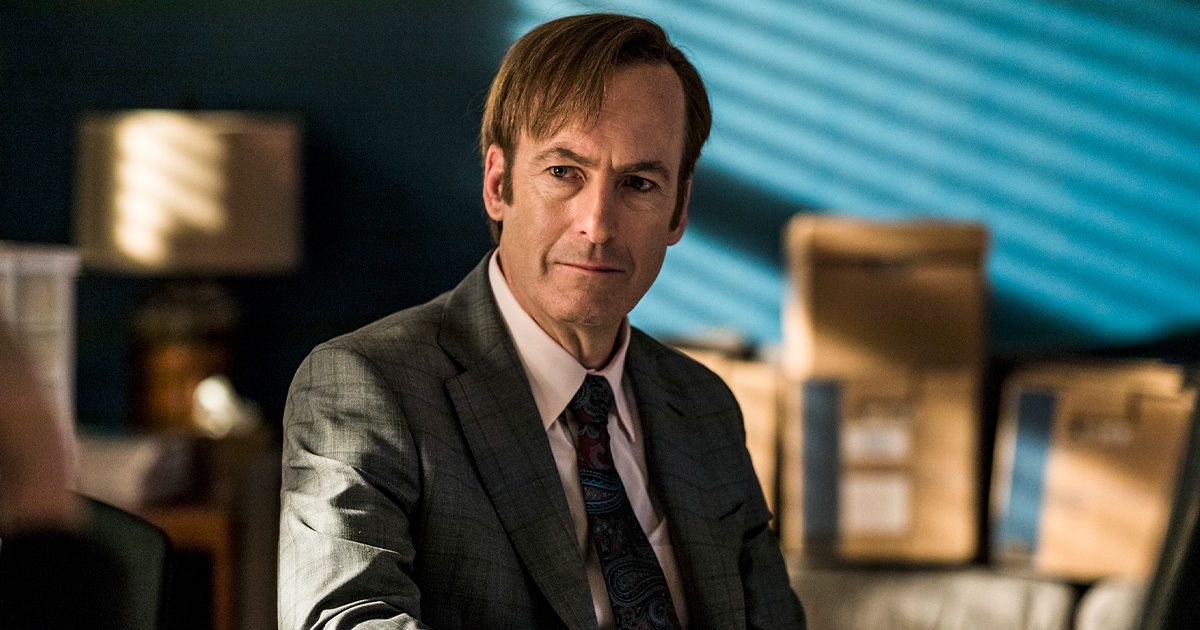
For many viewers around the world, Saul Goodman of Breaking Bad and Better Call Saul was their first exposure to actor Bob Odenkirk. However, Odenkirk has his roots in comedy, having spent more than 20 years as a stand-up and TV sketch show writer and performer before being cast as Saul. When he joined Breaking Bad in its second season, Odenkirk initially offered some comic relief in the dark crime drama, but with spin-off show Better Call Saul he’s really proven his dramatic chops. Playing Saul has seen Odenkirk nominated four times at the Golden Globes and five times at the Primetime Emmys.
Sacha Baron Cohen in The Trial of the Chicago 7
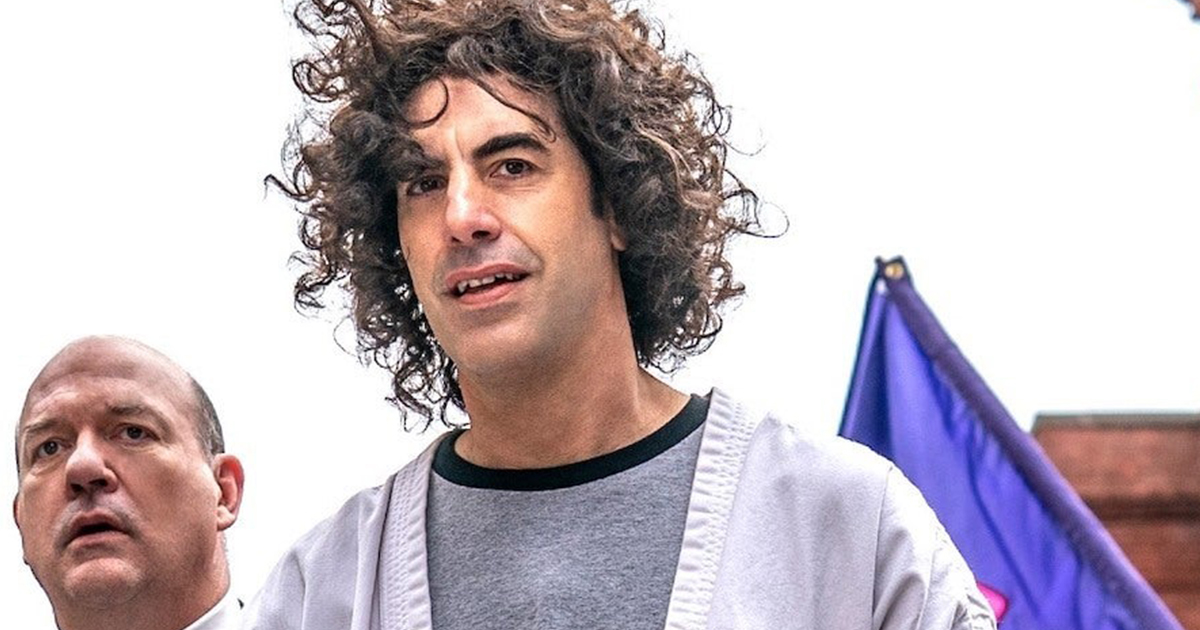
Ever since he emerged in the late 90s on TV’s The Eleven O’ Clock Show, Sacha Baron Cohen has been out on the edge of boundary-pushing comedy. He found fame with his satirical character Ali G, but really set the world on fire with the quasi-documentary films centred on his other iconic creations, Borat and Brüno. After all that, critics and audiences were surprised to see Cohen move into more serious territory with 2020’s fact-based legal drama The Trial of the Chicago 7. Cohen’s turn as Abbie Hoffman earned him Best Supporting Actor nominations at the Golden Globes and the Academy Awards.
Mary Tyler Moore in Ordinary People
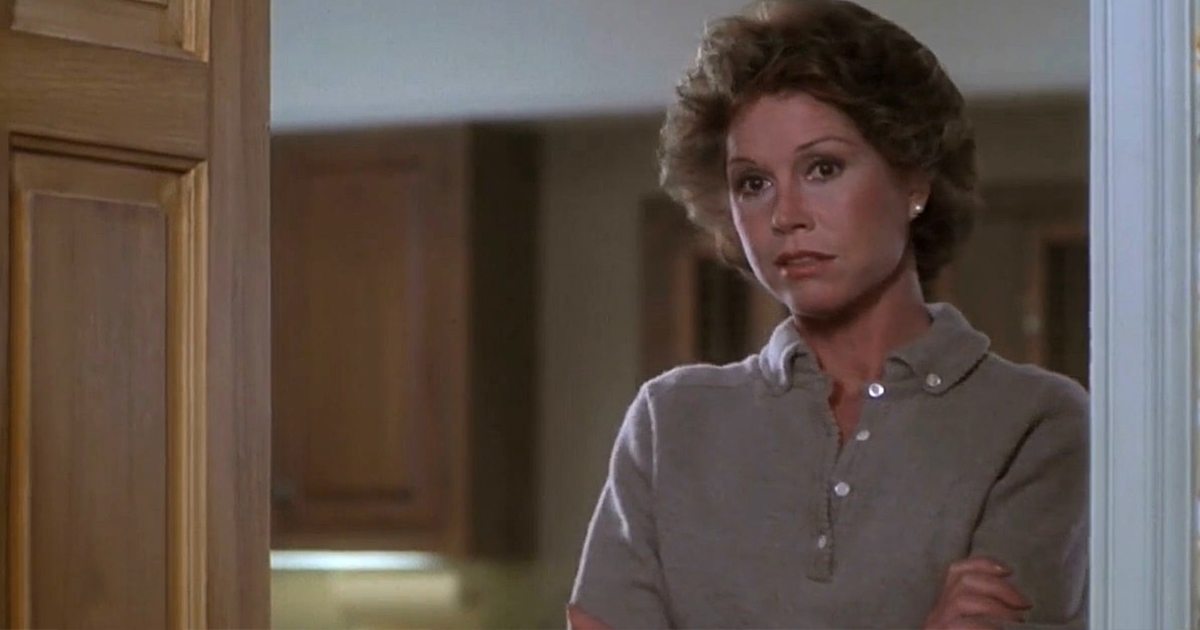
Thanks to her time-honoured work in both The Dick Van Dyke Show and her eponymous series The Mary Tyler Moore Show, American actress Mary Tyler Moore is a titan of sitcoms and light entertainment in general. In short, hers was not a name typically associated with hard-hitting drama. Nonetheless, Moore took on considerably more challenging material when she appeared in director Robert Redford’s 1980 drama Ordinary People, playing a mother whose family is falling apart following a series of tragedies. Moore was nominated for the Best Actress Oscar but sadly missed out, although Ordinary People still scooped four big wins including Best Picture.
Kevin Pollak in A Few Good Men
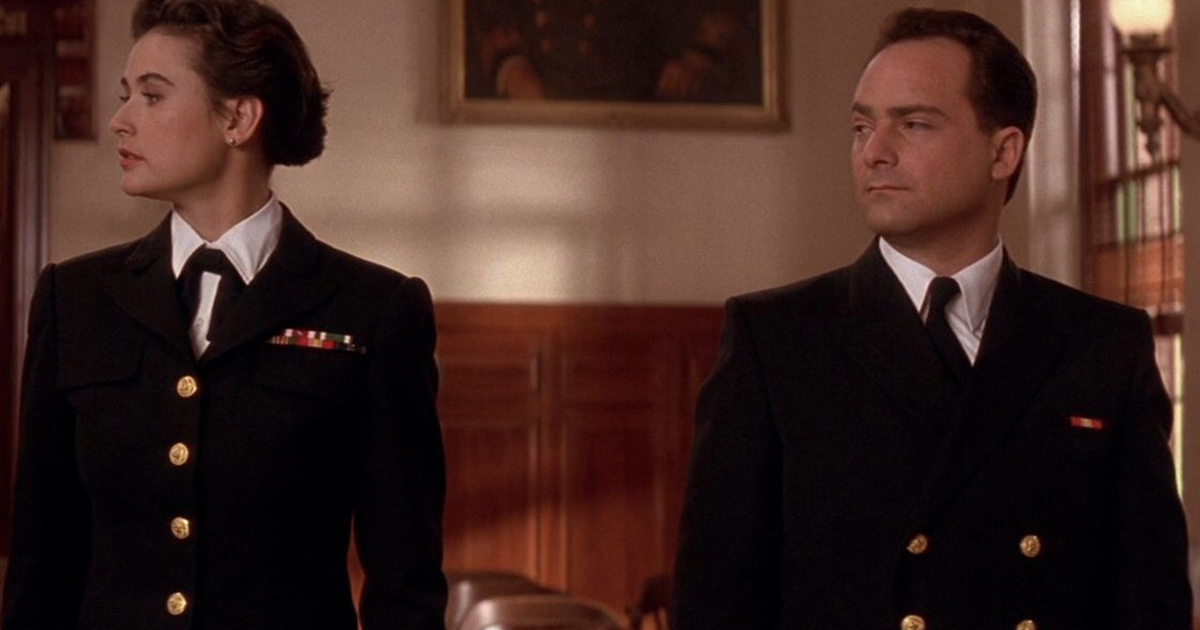
When Kevin Pollak was cast alongside Tom Cruise, Jack Nicholson, Demi Moore and Kevin Bacon in 1992’s A Few Good Men, it seemed a bit out of place. Director Rob Reiner had hired a comedian principally known for being an impressionist, and while Pollak had a few film roles under his belt, they tended to be in more light-hearted fare (Willow, LA Story, Another You). However, Pollak’s turn in A Few Good Men – in which the funnyman was an eleventh-hour replacement for Jason Alexander – proved he could also handle serious material. More dramatic roles followed, most memorably in The Usual Suspects three years later.
Dan Aykroyd in Driving Miss Daisy
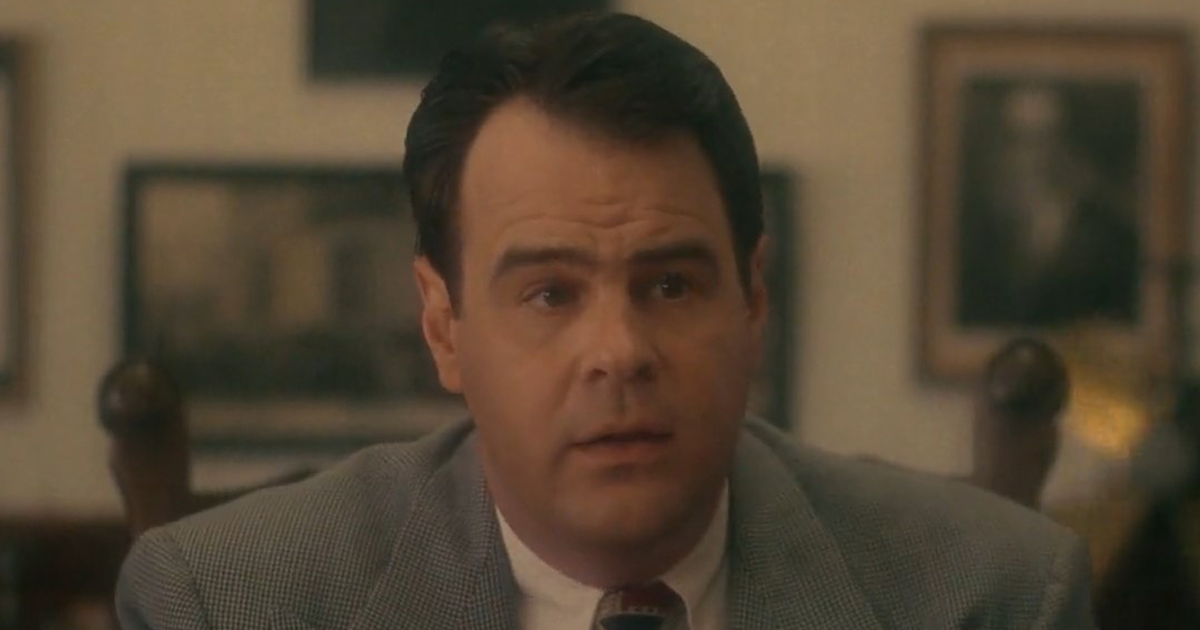
Another notable big screen funnyman who got his break on TV’s Saturday Night Live, Dan Aykroyd first rose to prominence alongside the late John Belushi, the duo most famously creating The Blues Brothers. Later, Aykroyd’s work in Trading Places and Ghostbusters established him as one of the most bankable comedy stars of the era. It was quite a change of pace, then, when Aykroyd took a more sedate, dramatic role in 1989’s Driving Miss Daisy, earning a Best Supporting Actor Oscar nomination for his trouble. Aykroyd went on to further straight roles in such hits as My Girl, Chaplin and Sneakers.
Mo’Nique in Precious
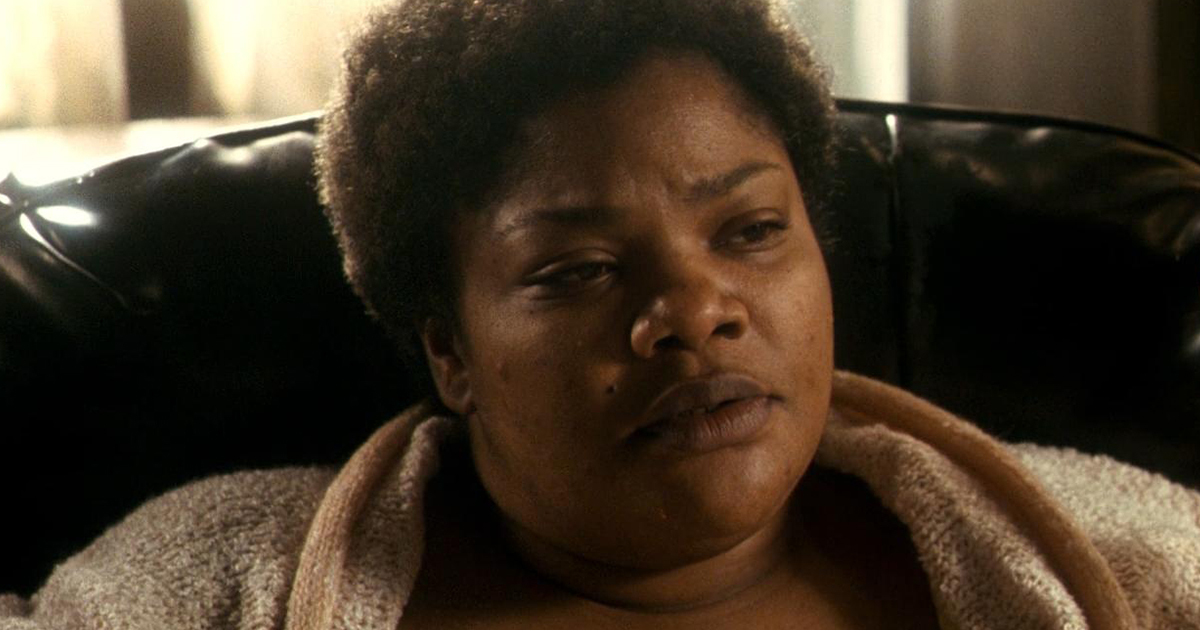
Mo’Nique (aka Monique Angela Hicks) started out in stand-up comedy and first broke through in 1999 with sitcom The Parkers, before being featured in 2000 stand-up movie The Queens of Comedy. While movie roles followed, the bulk of these only asked Mo’Nique to use her existing comedy persona. It wasn’t until 2009’s Precious that we saw how much Mo’Nique was capable of dramatically. Playing the abusive mother of Gabourey Sidibe’s title character, Mo’Nique earned rave reviews and wound up winning the Best Supporting Actress Oscar, making her only the fourth African-American recipient of the award.
Whoopi Goldberg in The Color Purple
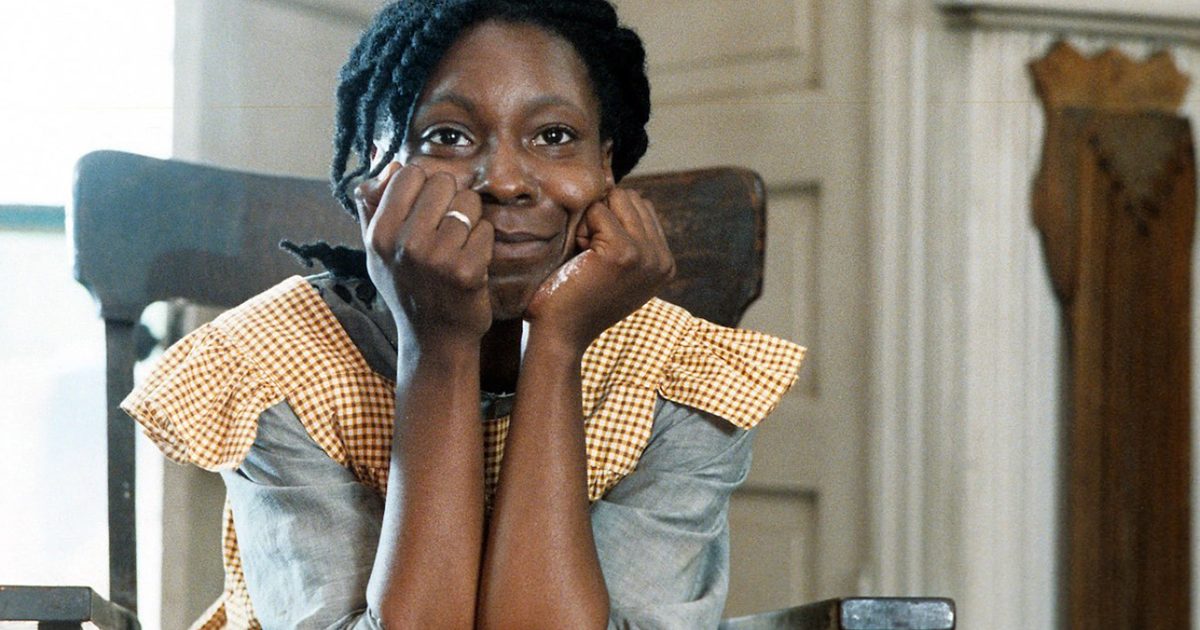
1985’s The Color Purple was an eyebrow-raising film in many respects. For one, the adaptation of Alice Walker’s Pulitzer-winning novel was by far the most serious film yet made by director Steven Spielberg; for another, Spielberg gave the lead role of Celie to Whoopi Goldberg, a then-comparatively unknown actress (born Caryn Johnson) who broke through with her comedy stage show in 1982. Goldberg’s subsequent film and TV work has been primarily in comedy, so it’s sometimes forgotten she got her movie break in so dramatic a role. Years later she won the Best Supporting Actress Oscar for Ghost and is one of the few winners of the coveted EGOT (Emmy, Grammy, Oscar, Tony).
Jackie Gleason in The Hustler
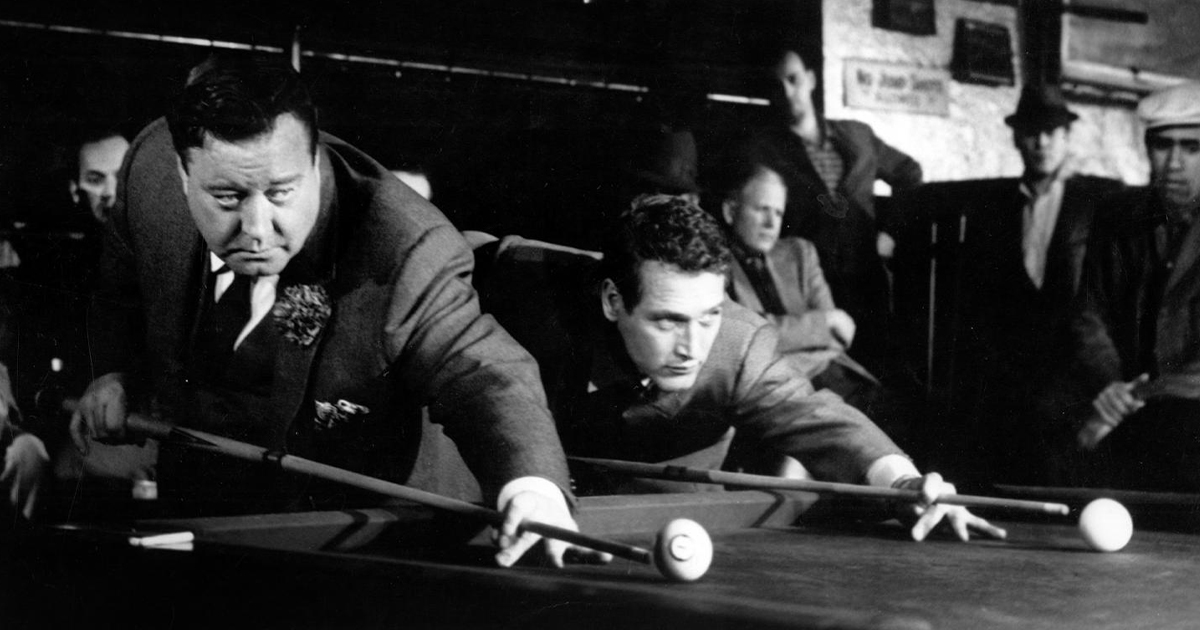
Jackie Gleason was one of America’s most noted funnymen for most of his life. Starting out in stand-up, Gleason broke through in film in the early 1940s, and by the mid-50s he was famed for his role on hit sitcom The Honeymooners. He even branched out into music, producing a series of easy-listening LPs. Even so, Gleason’s was never a name primarily associated with serious acting. Things changed, however, when he joined up-and-coming young method actor Paul Newman in 1961 pool drama The Hustler, earning Gleason a Best Supporting Actor Oscar nomination. 25 years later, Gleason declined an offer to appear in belated sequel The Color of Money. He died one year later in 1987.
Melissa McCarthy in Can You Ever Forgive Me?
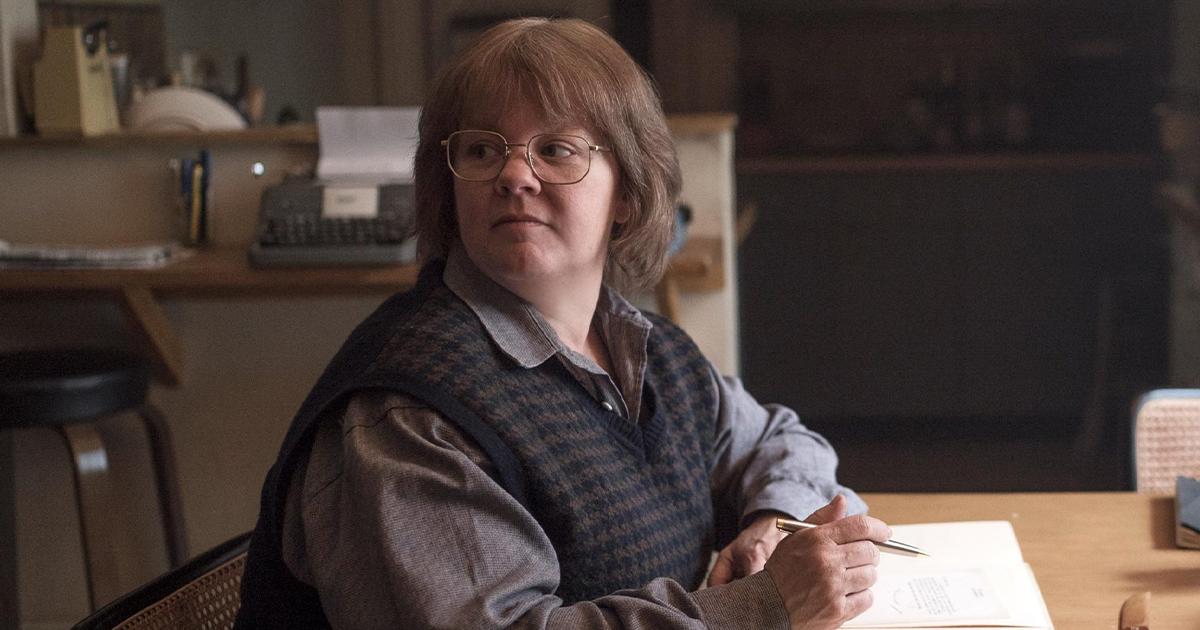
Comedian and actress Melissa McCarthy had been working her way up the showbiz ladder since the late 90s, but didn’t really break through until her scene-stealing supporting turn in 2011’s Bridesmaids, which earned her a Best Supporting Actress Oscar nomination. Further high-profile comedy roles followed in The Heat, Spy, Ghostbusters (2016) and many more besides. While her comedy chops were plain to see, no one was necessarily convinced McCarthy could do straight drama until she took the lead role of Lee Israel in the fact-based Can You Ever Forgive Me? Impressing critics and audiences, the performance landed McCarthy her second Oscar nomination, this time in the Best Actress category.
Takeshi Kitano in Sonatine
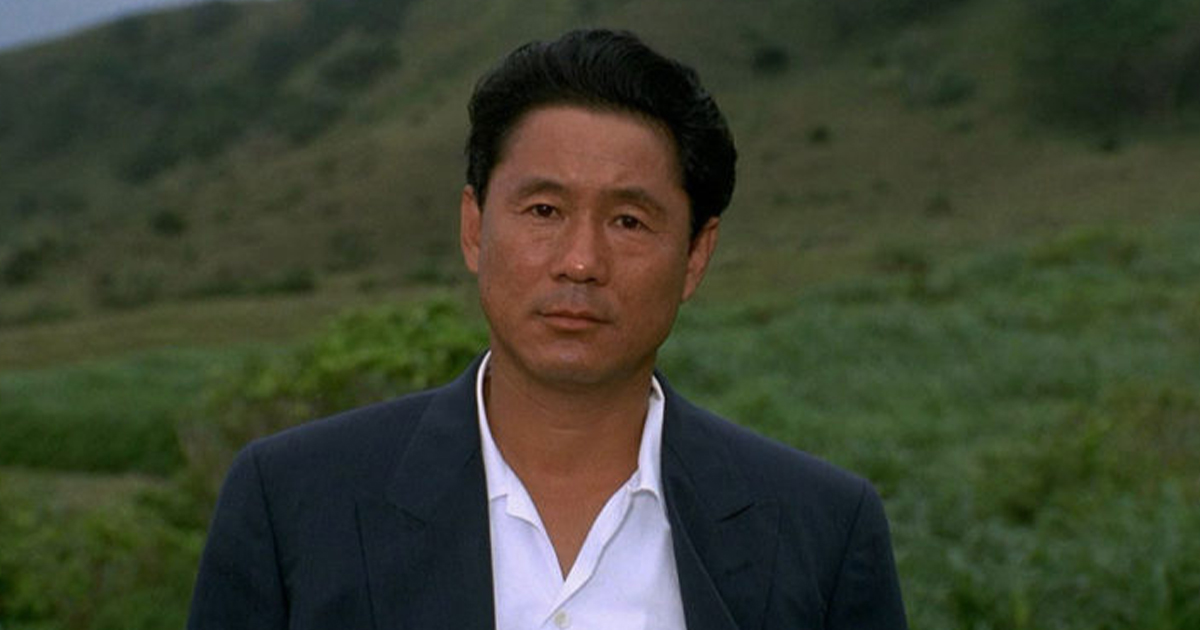
This entry may be surprising to readers in the west, where Japanese actor and director Takeshi Kitano is best known for his hard-edged crime dramas. However, he originally broke through in his native Japan under the stage name ‘Beat’ Takeshi and enjoyed huge success as a comedian before breaking into film. The movie that really established Takeshi worldwide was 1993’s Sonatine, in which he played the lead as well as directing. Takeshi later enjoyed even more success with 1997’s Hana-bi, which won the Golden Lion at the Venice Film Festival. He’s also well-known for his acting role in 2000 cult classic Battle Royale.
Steve Martin in The Spanish Prisoner
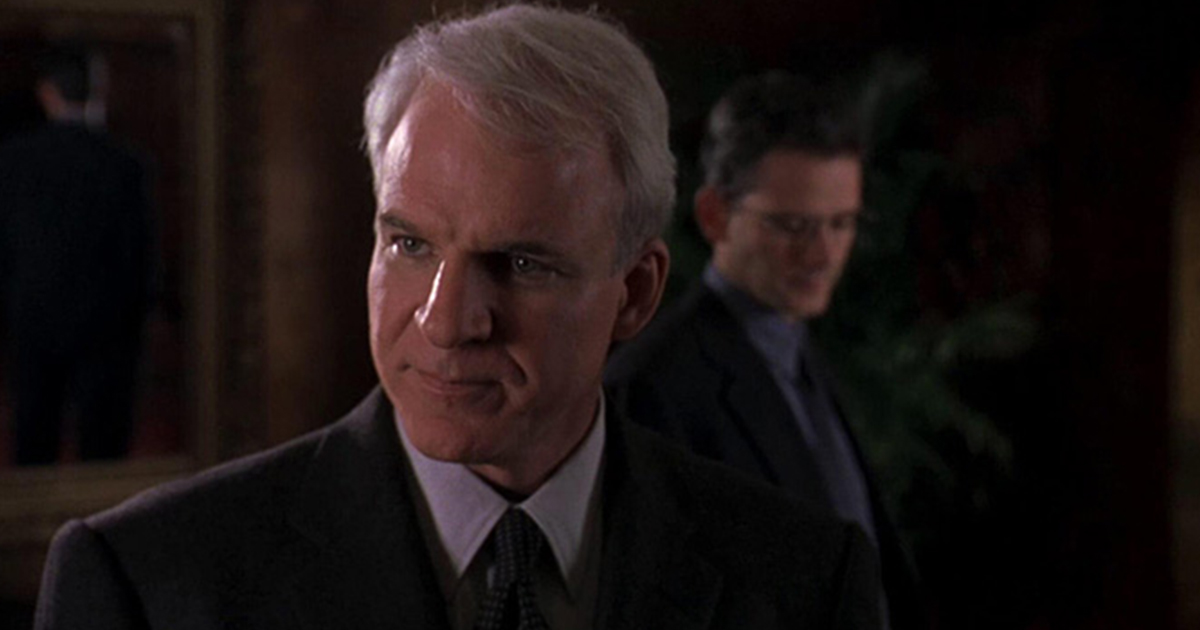
One of the biggest names in American comedy from the past 50 years, Steve Martin broke into the business in the late 60s and enjoyed huge stand-up success in the 70s. Movies followed, and such hits as The Man with Two Brains, Father of the Bride and Planes, Trains & Automobiles established him as one of the big screen’s premier funnymen. While Martin’s funny roles still often contained at least a hint of drama, he didn’t land an entirely straight role until 1997, when writer-director David Mamet cast him in edgy crime thriller The Spanish Prisoner. Though Martin earned praise, sadly the film proved divisive, and Martin has mostly stuck to more comedic fare ever since.
Eddie Murphy in Dreamgirls
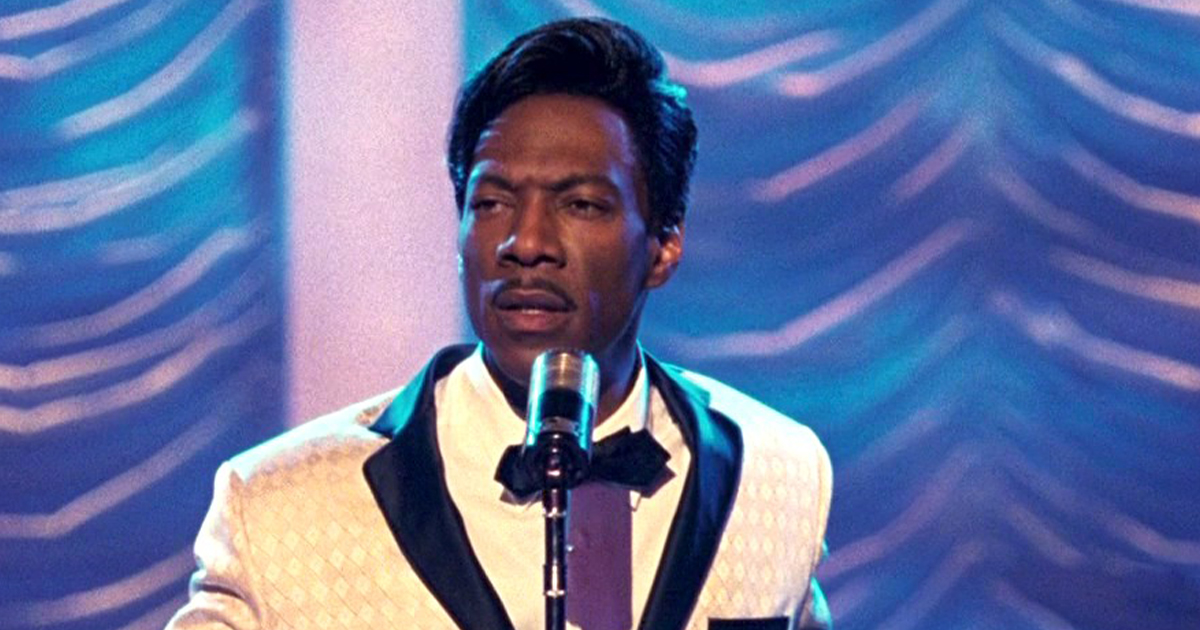
Starting out as a stand-up comic whilst still in his teens, Eddie Murphy joined Saturday Night Live before such hit movies as Trading Places and Beverly Hills Cop made him the biggest box office draw in comedy. However, like Adam Sandler, Murphy’s brand was tarnished by a series of critically reviled flops in the 2000s. Things looked set to be turned around when he landed a rare dramatic role in 2006 stage musical adaptation Dreamgirls. Murphy’s turn as singer Jimmy Early earned him a Best Supporting Actor Oscar nomination, but he missed out on the gold and his career did not re-ignite straight away.
Sarah Silverman in I Smile Back
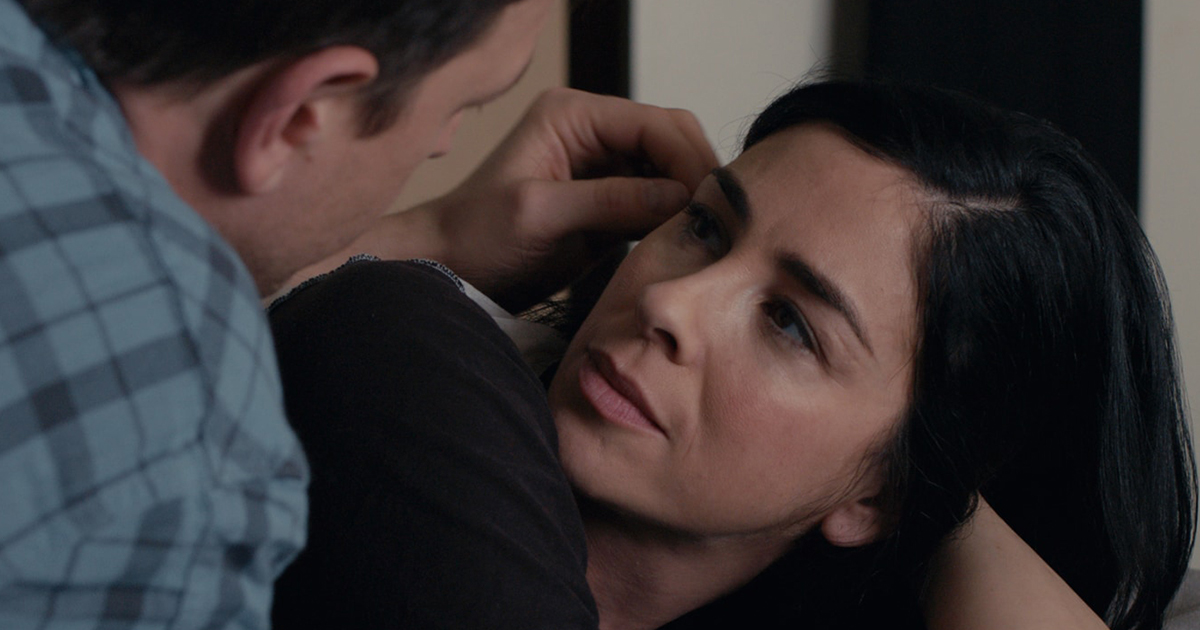
For most of her career, Sarah Silverman has been known as a provocative, foul-mouthed stand-up comic with a taste for pushing the boundaries. She’s also been acting since the 90s, but for many years she found the bulk of her big screen work with fairly tame supporting roles in the likes of There’s Something About Mary and School of Rock. In more recent years, however, Silverman surprised many by proving herself remarkably adept at edgy, dramatic roles. 2011 indie drama Take This Waltz first demonstrated this, but Silverman really proved her prowess with her lead role in 2015’s I Smile Back, in which she portrays a married woman battling addiction and mental illness.
Ray Romano in The Irishman
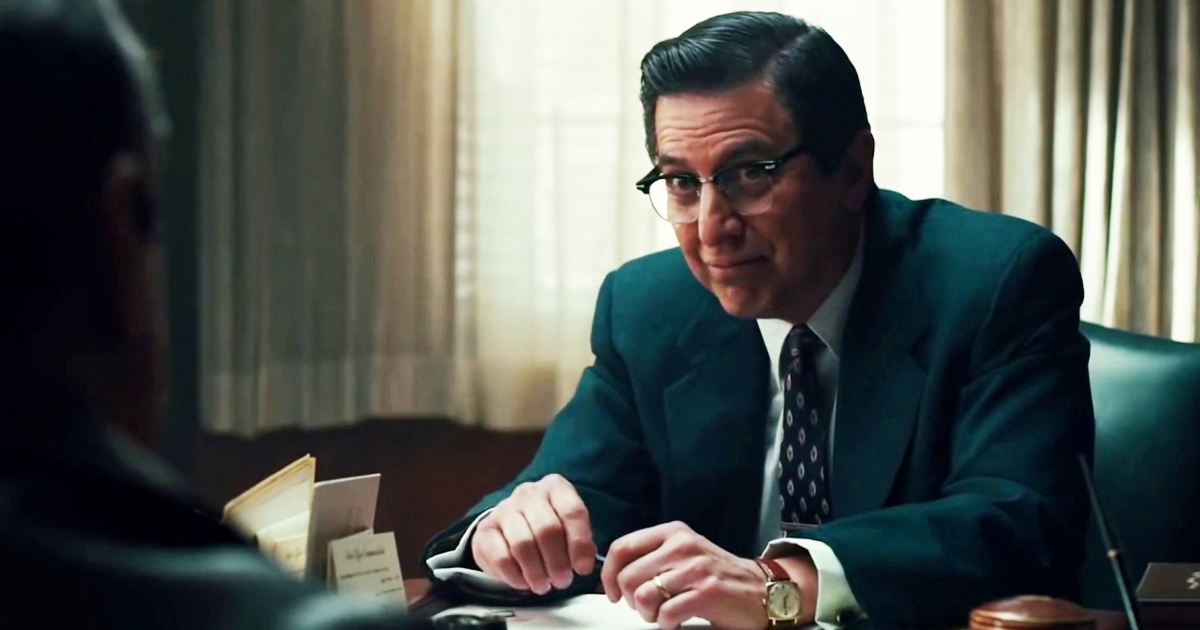
When Martin Scorsese’s 2019 epic true crime drama The Irishman began production, fans were ecstatic. The cast list read like an older male viewer’s dream come true: Robert De Niro, Al Pacino, Joe Pesci, Harvey Keitel… but one name among that ensemble that prompted a few double takes was that of Ray Romano. The comedian best known for his role in sitcom Everybody Loves Raymond didn’t seem the most likely candidate to star in a Scorsese movie. Still, as reflected by the director’s earlier casting of Don Rickles in Casino, Scorsese knows how to get dramatic performances out of funnymen, and Romano performed his duties admirably.
Michael Palin in Brazil
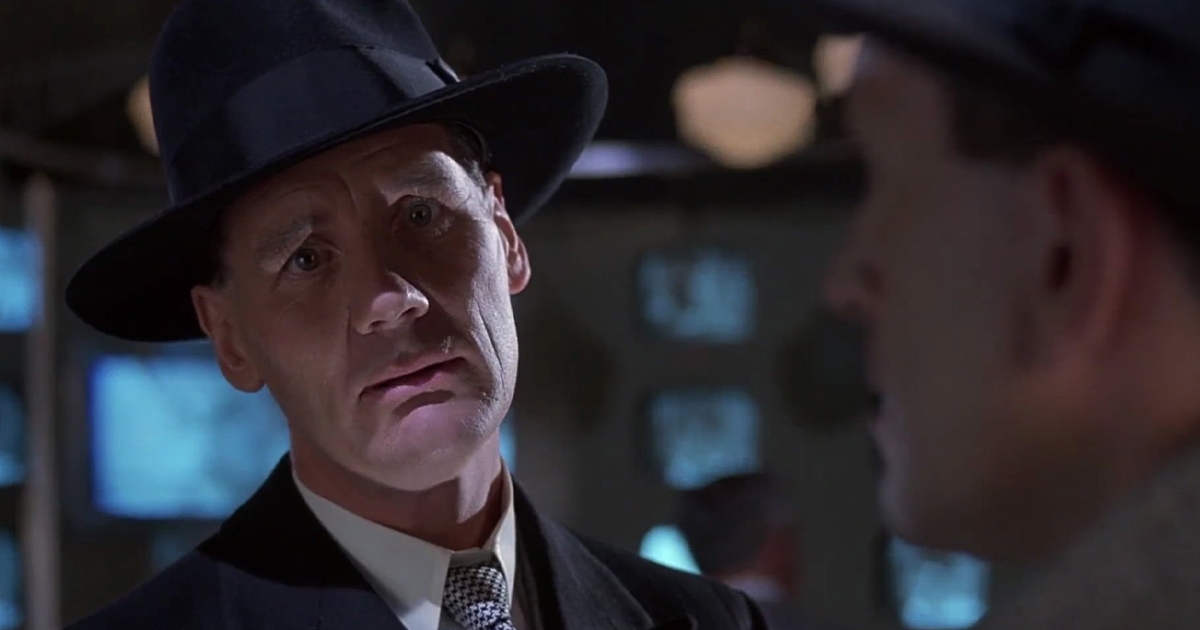
Michael Palin first worked with Terry Gilliam on groundbreaking TV comedy sketch show Monty Python’s Flying Circus, and the bulk of their subsequent collaborations (including the Monty Python movies, Jabberwocky and Time Bandits) have been first and foremost comedic. 1985’s Brazil, however, is a little bit different. In a surprising twist on Palin’s genial persona, Brazil saw the beloved comic take on a far more sinister role as Jack Lint, a seemingly down-to-earth bureaucrat whose friendly exterior masks his cold-blooded ruthlessness. Never before or since has Palin truly alarmed audiences in such a way.
Andrew Dice Clay in Blue Jasmine
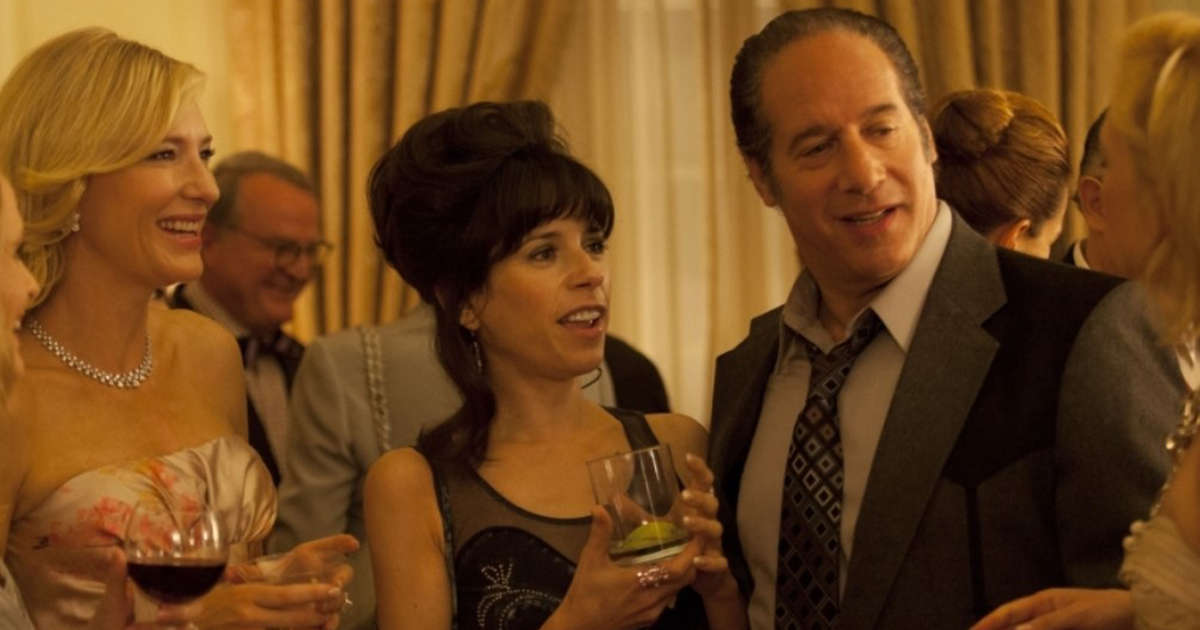
Andrew Dice Clay rose to stand-up superstardom in the 80s wearing oversized sunglasses and heavily decorated leather jackets, whilst delivering vulgar renditions of nursery rhymes with the least possible political correctness. As such, the last place you’d ever expect to see the ‘Diceman’ is in an awards-laden drama among some of the most respected actors of their time. Nonetheless, that’s exactly where Clay ended up when he was cast in 2006’s Blue Jasmine alongside Cate Blanchett, Sally Hawkins and Alec Baldwin. Blanchett won the Best Actress Oscar for her work in the Woody Allen film, and while Clay didn’t receive quite the same plaudits, critics and audiences were nonetheless impressed.
Dave Chappelle in A Star is Born
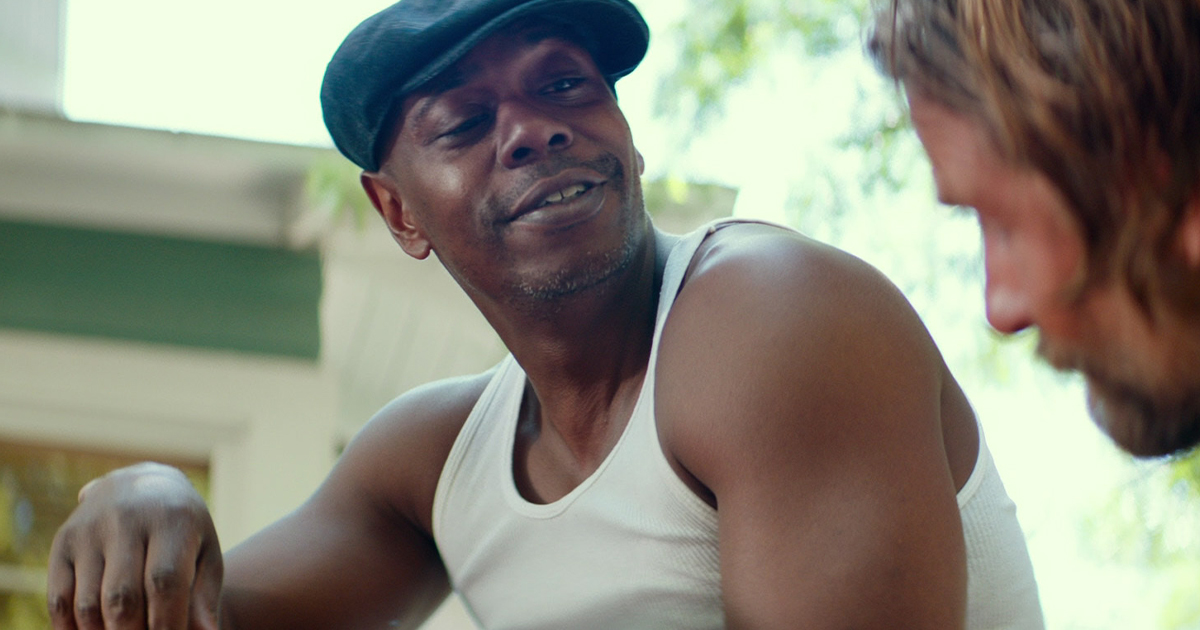
Famed for his envelope-pushing humour, his impersonation of musician Rick James and his knack for offending Netflix employees, Dave Chappelle is a comedy superstar. The jury may be out, however, when it comes to Chappelle’s movie star credentials, as to many he’s still best known for his early supporting roles in Robin Hood: Men in Tights and Con Air. Critics were given pause for thought, however, when Chappelle appeared alongside Bradley Cooper and Lady Gaga in 2018’s A Star is Born. While his small role in the film didn’t get as much attention as those of his high-profile co-stars, Chappelle nonetheless gave an admirable performance as George ‘Noodles’ Stone.
Rodney Dangerfield in Natural Born Killers
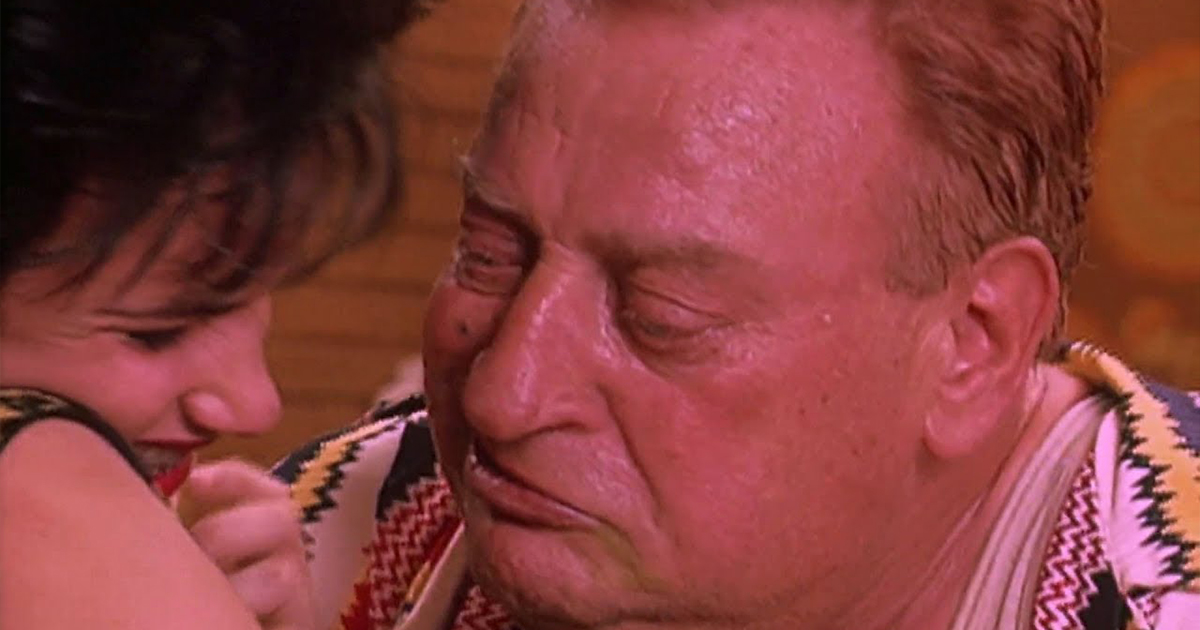
A lifelong stand-up comic, Rodney Dangerfield was already approaching middle age when he broke through in the late 60s as a big hit on the TV talk show circuit. It wasn’t until the 80s with roles in Caddyshack, Easy Money and Back to School that Dangerfield also became a big hit at the movies. Then in 1994, Dangerfield boldly went against type when he accepted the role of Ed Wilson, the abusive father of Juliette Lewis’ Mallory in the controversial crime thriller Natural Born Killers. Dangerfield’s genuinely unnerving performance finally saw the critics show him the proper respect.
Steve Coogan in Stan & OIlie
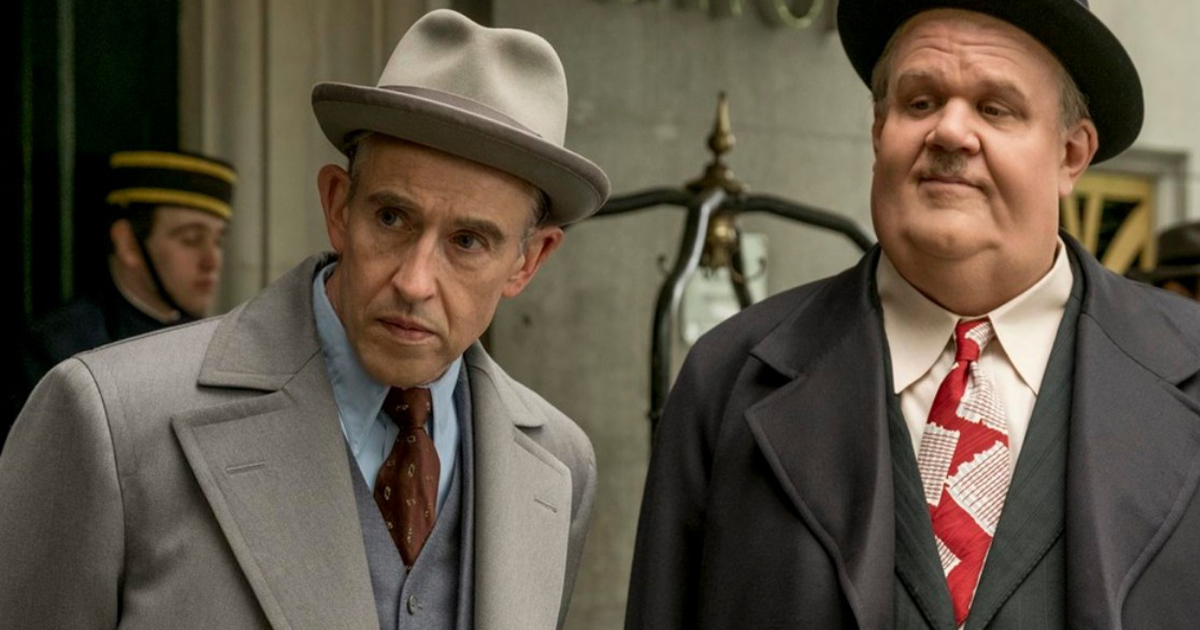
Thanks to his characters Alan Partridge, Paul Calf and others, Steve Coogan is one of the most popular British comedians of his generation. He broke into film in the early 2000s, at first sticking primarily to his signature brand of comedy, but over the years Coogan has also demonstrated his ability to get properly dramatic when the moment calls for it. In the role of legendary comedian Stan Laurel in 2018’s Stan & Ollie, Coogan’s comedy chops naturally come into play once more. However, he also gives a surprisingly effective dramatic performance alongside John C. Reilly (another sometime comic actor who can also tackle drama) as Oliver Hardy.
Robbie Coltrane in TV’s Cracker
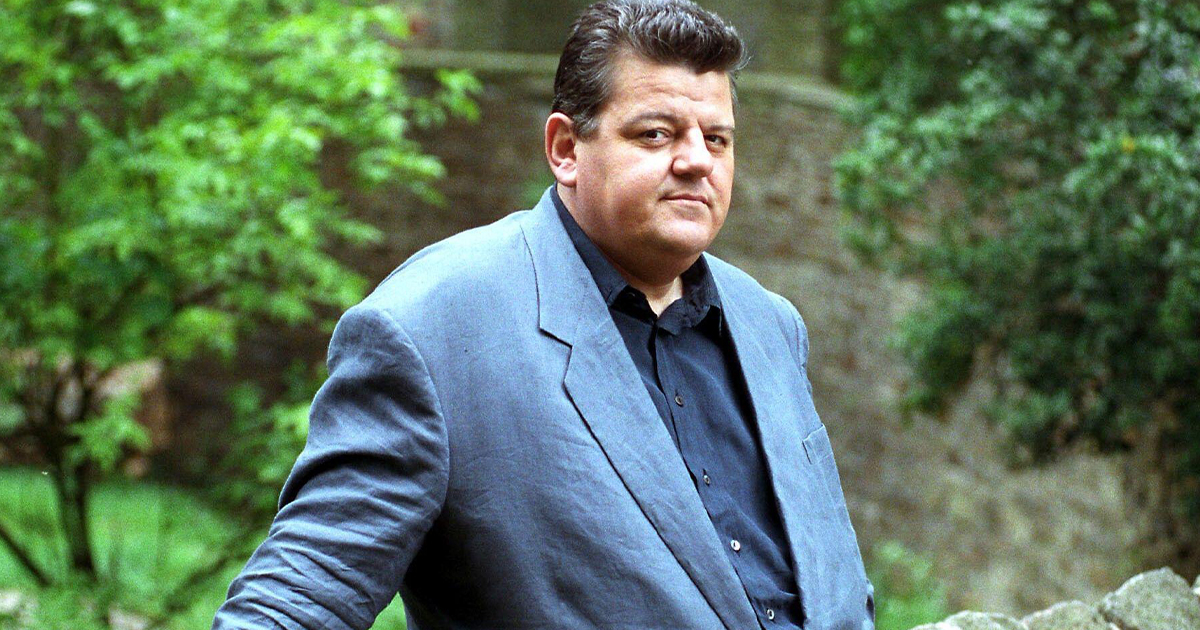
Born Anthony Robert McMillan, the late Scottish actor Robbie Coltrane did not set out planning to make a name for himself in comedy, but his natural comic timing saw him work extensively alongside the big names of the British alternative comedy scene in the 80s, making appearances in Blackadder, The Young Ones and The Comic Strip. Coltrane’s dramatic chops came to the forefront in Cracker, in which he portrayed gruff criminal psychologist Edward ‘Fitz’ Fitzgerald. The role changed public perception of the actor, helping him on his way to becoming a national treasure (which made it fitting that Coltrane enjoyed his last major dramatic role in 2016 mini-series National Treasure).
Tom Hanks in everything after the 80s
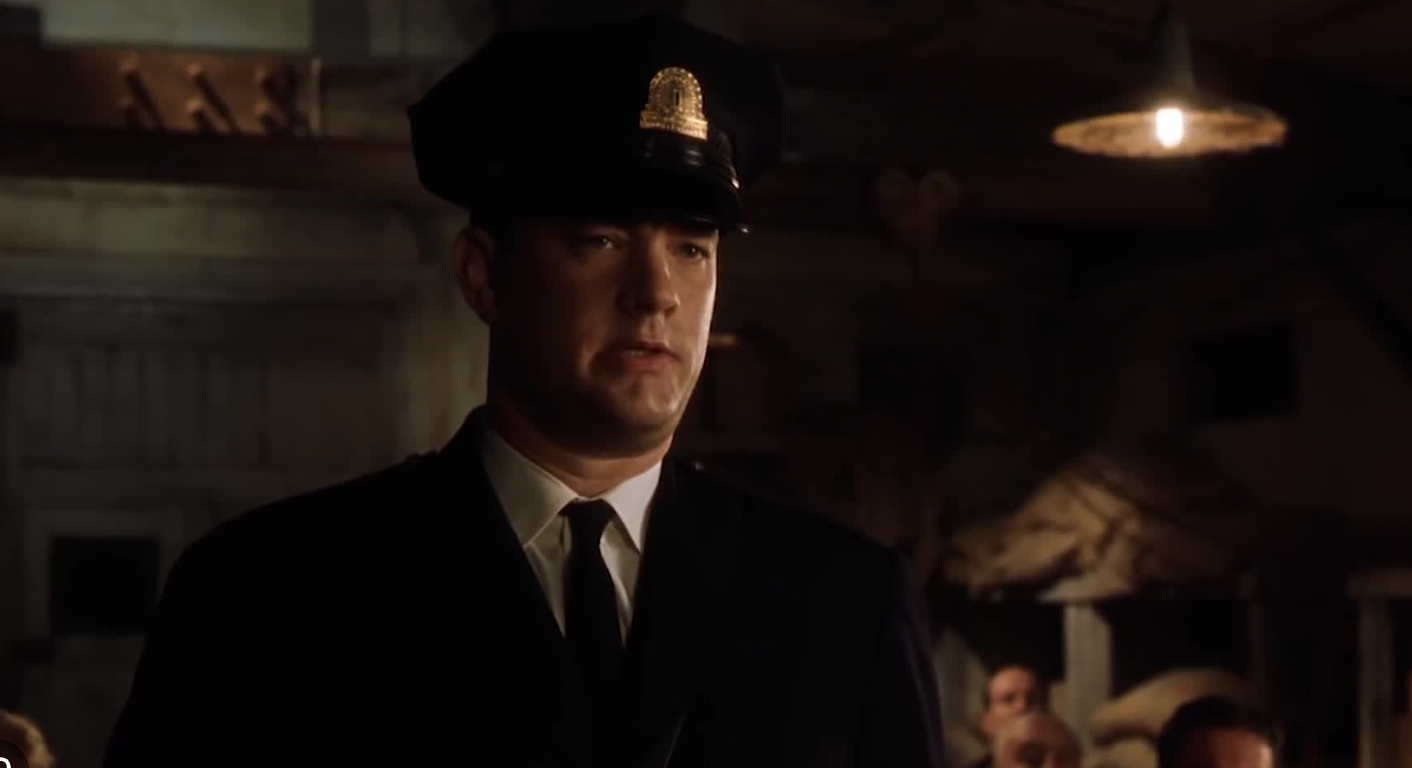
Few people today would consider Tom Hanks to be a comedy actor, but that’s mostly because he’s done such a good job of distancing himself from his show-business roots with a string of critically acclaimed performances. Hanks started his career on a sitcom, rising to fame with roles in a number of goofy 80s flicks including Dragnet, The Money Pit, and Big. During the 90s, Hanks switched gears and began establishing himself as a serious actor, quickly racking up Oscar wins for his roles in Philadelphia and Forrest Gump and further proving his talent for drama with performances in Saving Private Ryan, The Green Mile and Apollo 13.
Bo Burnham in Promising Young Woman
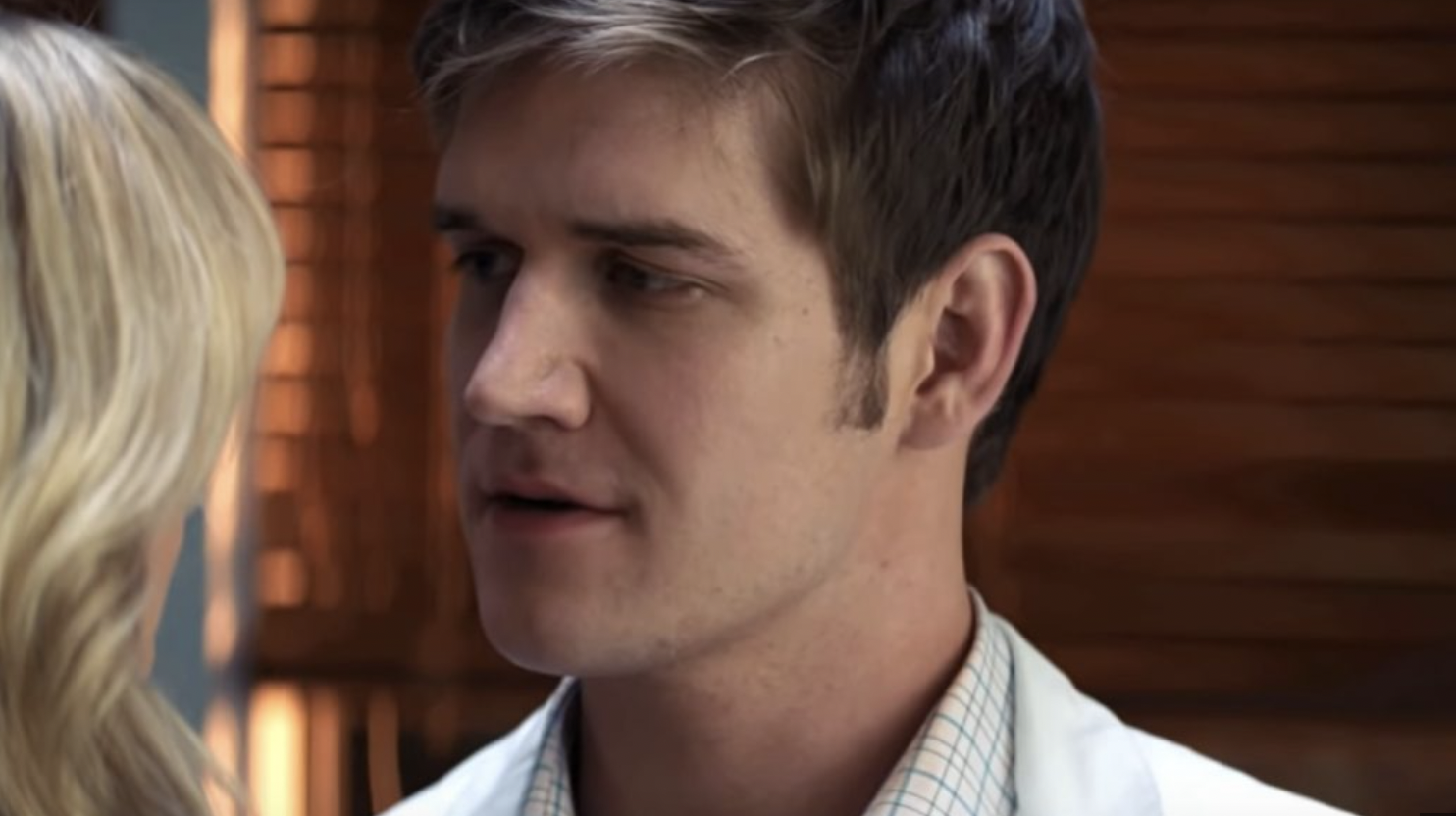
2020’s Promising Young Woman marked both the directorial debut of Emerald Fennell and the first foray into drama by comedy musician Bo Burnham. Burnham plays Ryan Cooper, a paediatric surgeon and the love interest of Cassie, the film’s trauma-hardened protagonist. Given that the movie falls into the rape-revenge sub-genre, it’s fairly safe to label it as a drama, and Burnham’s nuanced and layered performance proved that he possesses some real dramatic acting chops.
George Carlin in Prince of Tides
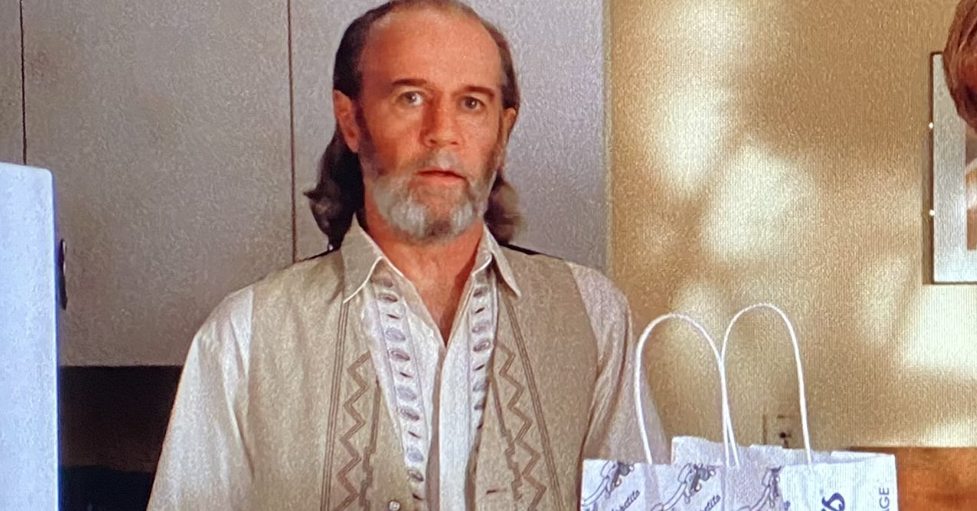
Known as ‘the dean of counterculture comedy’, George Carlin was one of the most influential stand-ups of his time, frequently pushing the comedic envelope and riffing on taboo topics. Despite being a veteran of his art form, Carlin could also be serious – as he demonstrated in his scathing rants about politics and American society – so it’s perhaps unsurprising that he also dabbled in drama. The comedian played Eddie Detreville in 1991’s Prince of Tides, a film that stars Nick Nolte as a teacher trying to overcome a traumatic event that occurred during his childhood. The film strays into seriously bleak territory, and proved Carlin’s aptitude for drama.
Donald Glover in TV’s Atlanta
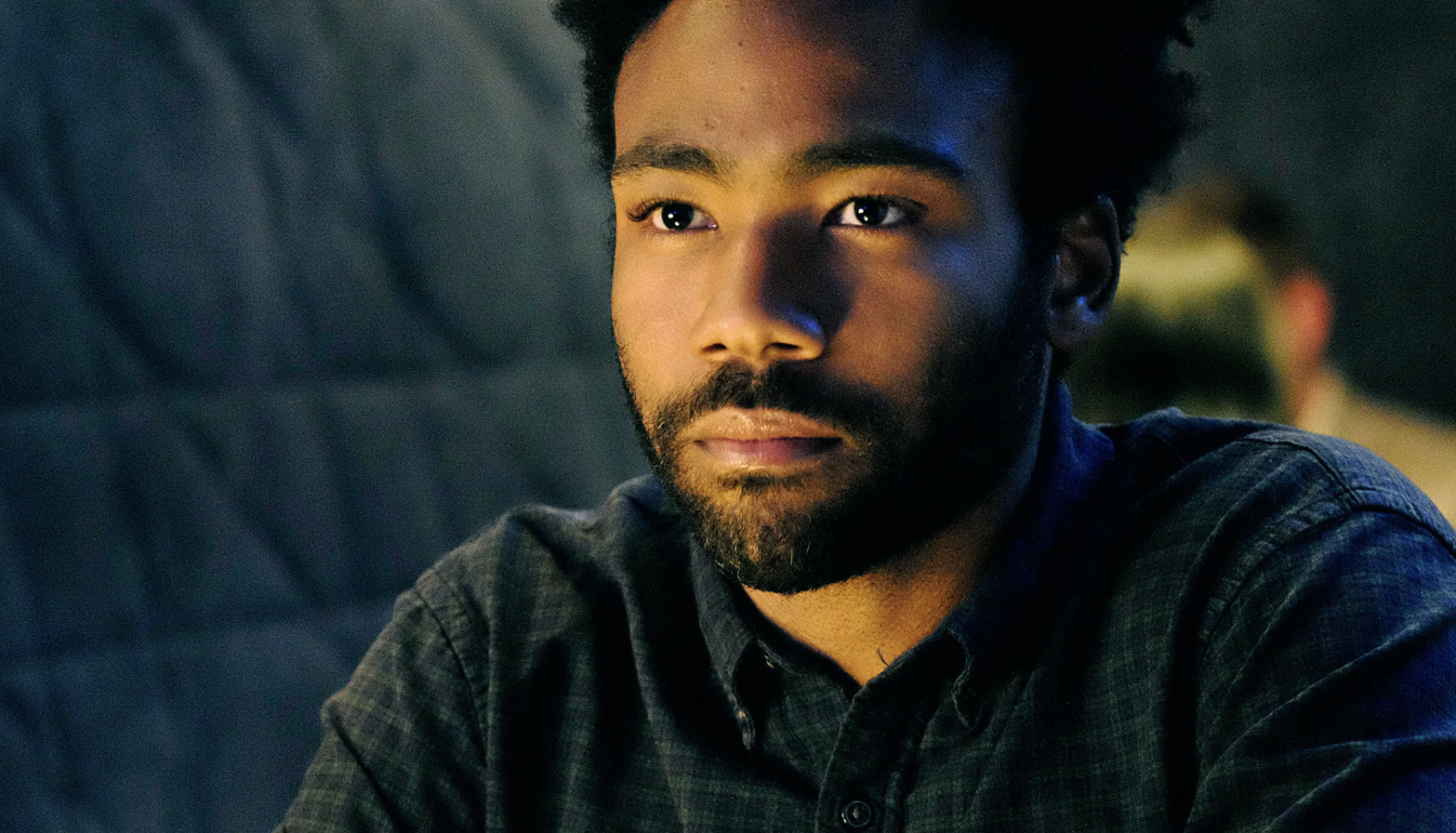
There really is no limit to the depths of Donald Glover’s talent. After a stint as a writer on Tina Fey’s 30 Rock, Glover ended up in front of the camera when he was cast as Troy Barnes in Community, the hit comedy series created by Dan Harmon. Having proved his immense talents for comedy across four seasons of Community, Glover took a step back from acting to focus on Childish Gambino, his music project. However, in 2016 Glover returned to acting with his portrayal of Earnest “Earn” Marks on the FX series Atlanta, which he also wrote. Glover’s performance earned him universal acclaim, two Golden Globes, and two Emmys.
Aubrey Plaza in Safety Not Guaranteed
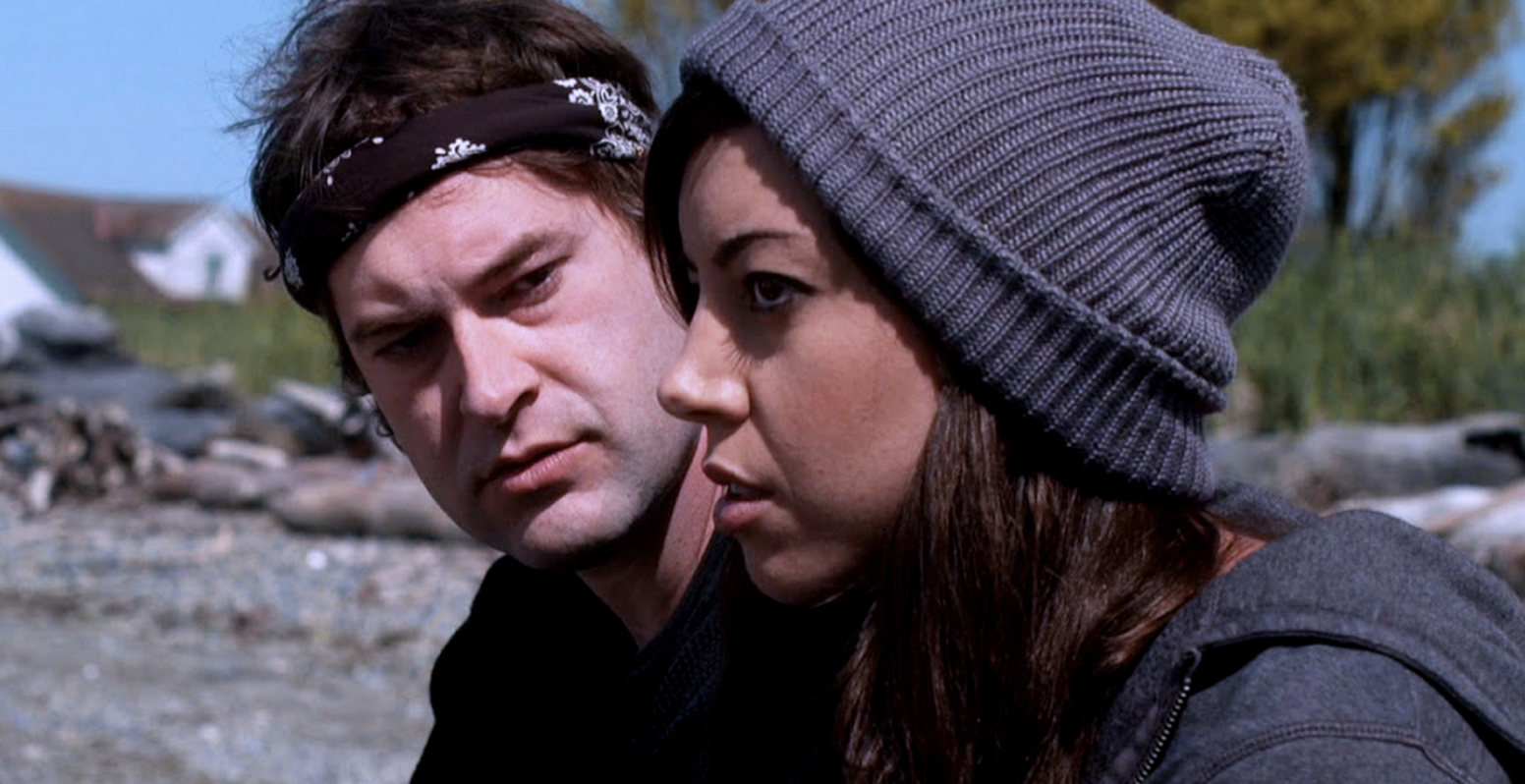
Aubrey Plaza has a well-deserved reputation as one of the funniest people in Hollywood, delivering deadpan hilarity across films, TV shows, and even interviews. Beginning her career performing improvised skits on stage, Plaza was soon cast as April Ludgate on Parks and Recreation, a role that propelled her to stardom. The comedienne gave her first leading performance in 2012’s Safety Not Guaranteed, and she used the opportunity to showcase the breadth of her acting skills. Whilst the film did still pack in plenty of funny moments, it also featured some poignant scenes that Plaza handled deftly, proving that she’s capable of nailing serious roles.
Jason Segel in The End of the Tour
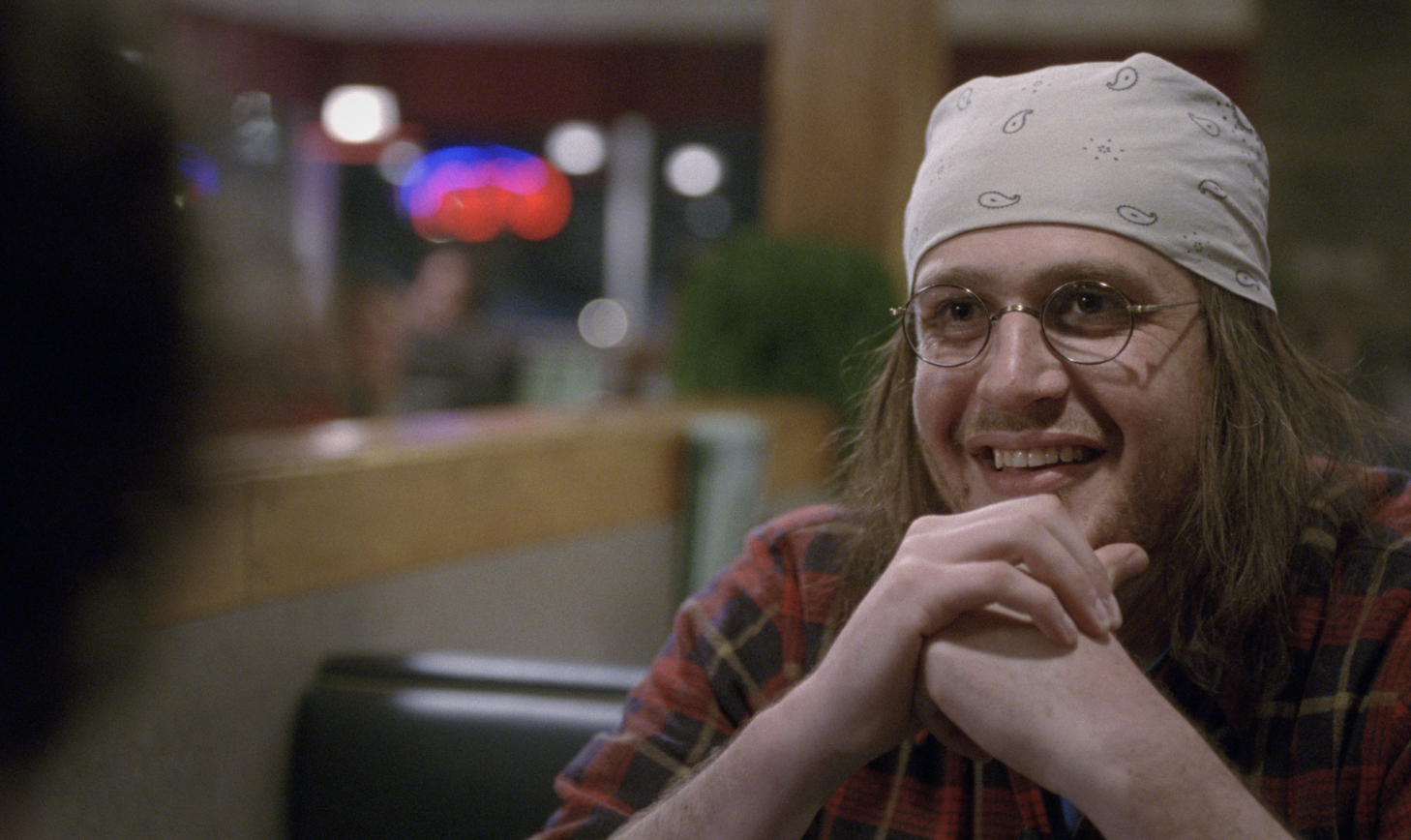
Jason Segel is an American comedian and actor, best known for playing Marshall Eriksen in the sitcom How I Met Your Mother. Segel’s career has mostly revolved around comedy, but the funnyman has experimented with drama too, most notably with his portrayal of the great yet deeply troubled writer David Foster Wallace. The film was universally celebrated by critics, with Segel’s performance singled out for particular praise, earning him a nomination for the Independent Spirit Award for Best Male Lead.
Jonah Hill in Moneyball
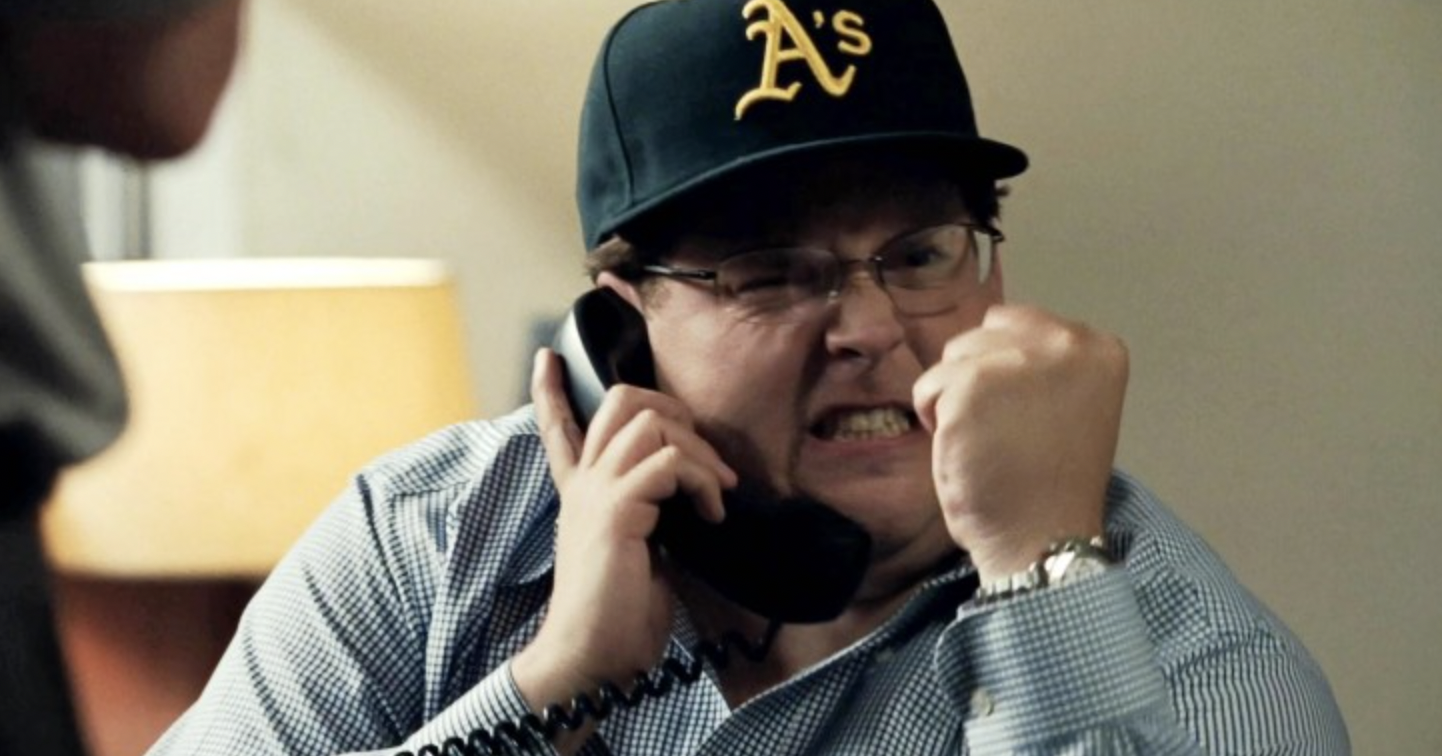
Jonah Hill achieved stardom after Judd Apatow spotted his comedic talents and handed him parts in Superbad and Knocked Up, with the actor going on star in 21 Jump Street and Get Him to the Greek. For a long time the idea of Hill acting in a dramatic role seemed preposterous to many, but his performance in 2011’s Moneyball quickly silenced his doubters. Hill played Peter Brand, a Yale economics graduate who radically changed baseball by implementing mathematical models to evaluate players’ true value. The quiet intensity that Hill brought to the role earned him critical acclaim, and opened the door to other more serious roles in films including The Wolf of Wall Street and Don’t Worry, He Won’t Get Far On Foot.
Catherine Tate in TV’s Doctor Who
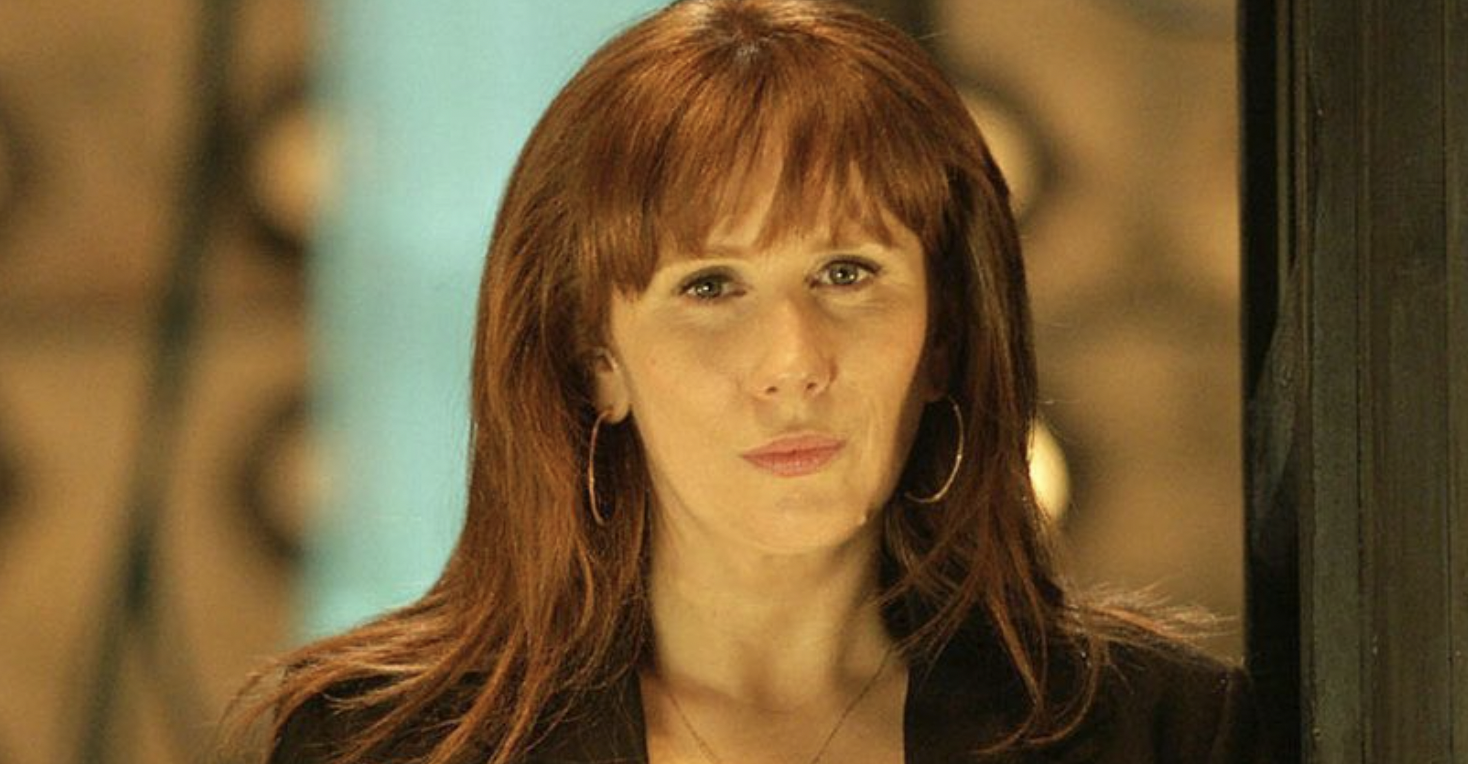
Catherine Tate became a household name with The Catherine Tate Show, an award-winning sketch show that ran for three years on the BBC. The actress followed up with the series Catherine Tate’s Nan before crossing the pond and portraying Nellie Bertram in the US version of The Office. Then in 2006, Tate appeared as Donna Noble in the Doctor Who Christmas special, reprising the character in 2008 and becoming the Doctor’s companion in the series’ fourth season. The role saw Tate display a more serious side across a number of emotionally resonant story arcs, including a tearjerking finale that required the actor to shed tears.
Katey Sagal in Sons of Anarchy
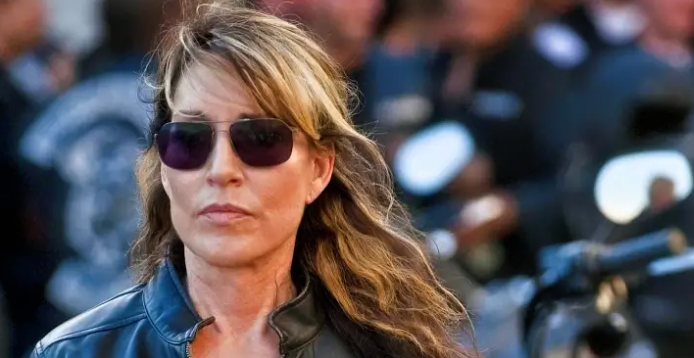
Actress and musician Katey Sagal is best known for her portrayal of Peggy Bundy of Married… with Children, as well as for providing the voice of Leela on Futurama. Given her comedy roots, many were shocked when she appeared as Gemma Teller Morrow in Sons of Anarchy, a gritty series about a motorcycle gang. Although there was general apprehension about Sagal’s ability to bring the necessary darkness to the role, the actress shredded any and all doubts by giving a Golden Globe winning performance.
Jack Black in King Kong
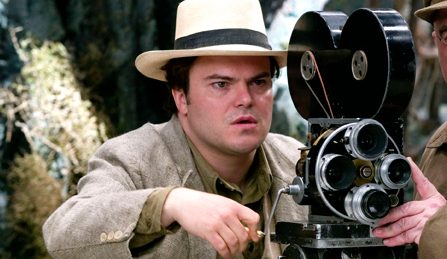
Whether he’s penning absurd records as half of Tenacious D, playing a ditzy blonde trapped in a man’s body in Jumanji, or even interacting with the paparazzi, Jack Black is an undeniably hilarious guy. The actor and musician rarely seems to take anything seriously, so there was almost universal surprise when Black appeared as greedy filmmaker Carl Denham in Peter Jackson’s remake of King Kong. His performance – which included delivering the iconic line, “twas beauty that killed the beast” – was devoid of Black’s usual slapstick humour, proving that the actor is capable of more than just making people laugh.
Will Ferrell in Stranger Than Fiction
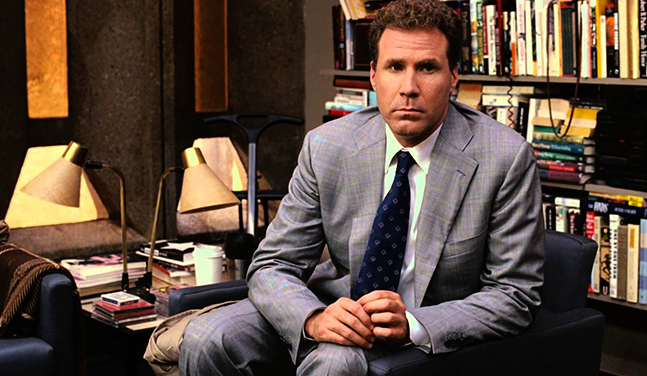
Will Ferrell started his career as a stand-up comedian before joining the cast of Saturday Night Live, which ultimately served as a springboard for his Hollywood career. He’s since been involved in some of the most successful comedy movies of the last 15 years, including Elf, Step Brothers and the Anchorman films. Whilst he is probably best known as Buddy the Elf and/or Ron Burgundy, Ferrell showed a different side to his acting when he played IRS auditor Harold Crick in Stranger Than Fiction. The actor’s subtle and restrained performance was a far cry from his usual absurdist antics, surprising many and earning him a Golden Globe nomination.
Jennifer Aniston in Cake
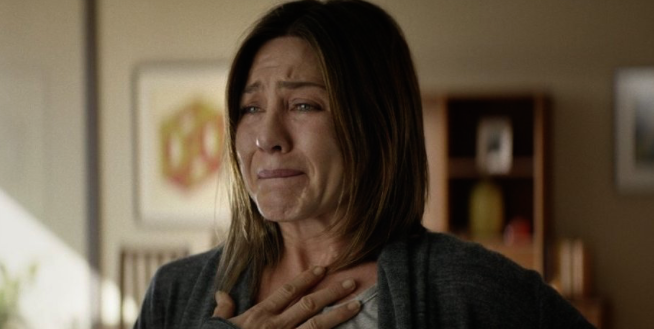
No matter how many films Jennifer Aniston stars in, she’s always going to be known as Rachel from Friends. Whilst this is testament to the impact the sitcom had, as well as how funny Aniston was in the show, it also obscures the fact that the actress is entirely capable of nailing serious roles. This was perfectly illustrated in 2014’s Cake, which saw Aniston give a career highlight performance as Claire Bennett, a woman struggling with chronic pain. Whilst early Oscar buzz never amounted to anything, Aniston did get nominations for a Golden Globe and a Screen Actors Guild Award.
Kristen Wiig in Welcome to Me
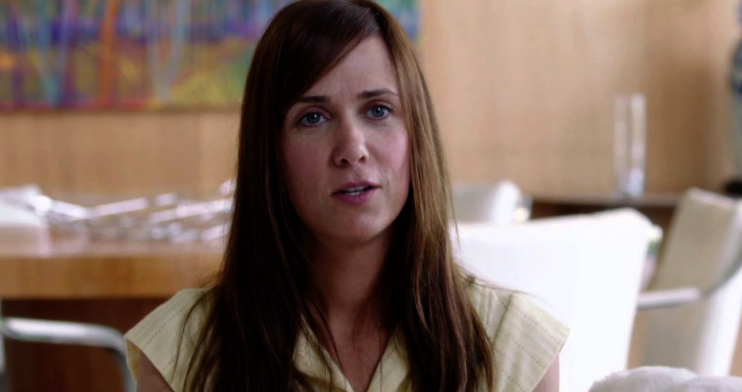
As with many great comedy stars, Kristen Wiig’s film career was launched by a stint on Saturday Night Live. After a number of supporting roles in well regarded films, Wiig co-wrote and starred in Bridesmaids, earning an Oscar nomination in the process. Given Wiig’s clear talent for hilarity, many were surprised to see her cast as Alice Klieg – a mentally ill woman who wins the lottery – in 2014’s Welcome to Me. Whilst the film received middling scores from critics, Wiig’s exceptional and moving performance was universally singled out as the best part of the movie.
Seth Rogen in Steve Jobs
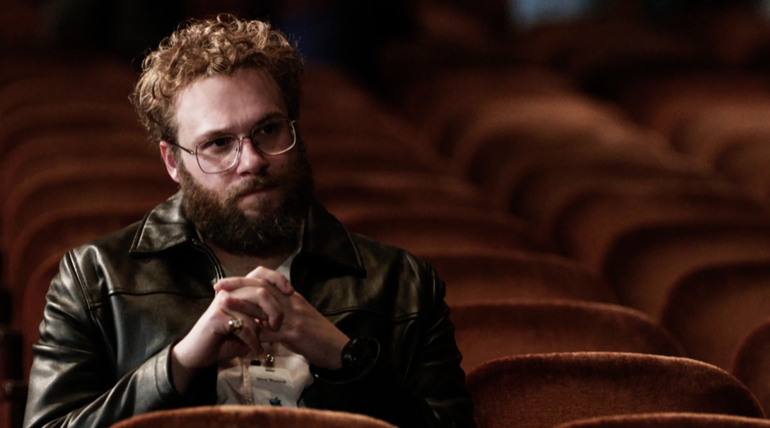
The undisputed king of pot-head comedy, Seth Rogen is responsible for some of the most beloved stoner films of all time, including Pineapple Express and This is the End, as well as the delightfully unhinged Sausage Party. However, the actor and comedian proved that he can also handle drama with his portrayal of Apple co-founder Steve Wozniak in 2015’s Steve Jobs. Whilst it’s a bit surreal watching Rogen get through an entire film without smoking a joint or hitting a bong, his performance is nuanced and convincing, and – whilst the actor quickly returned to making ridiculous comedies – it’s more than likely that he’ll land more dramatic roles in the future.
Richard Pryor in Blue Collar
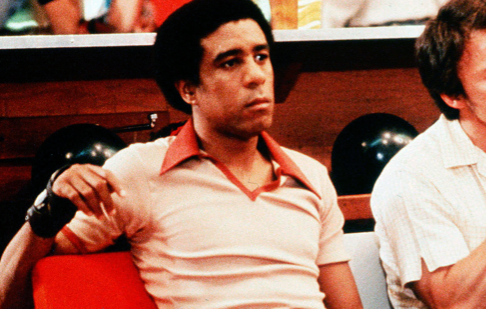
After an incredibly successful stint as a stand-up comedian, Richard Pryor made the leap to film, taking Hollywood by storm. Pryor’s status as a comedic genius was certified when he co-wrote Blazing Saddles (widely regarded as one of the funniest films ever made), and the comedian was equally talented in front of the camera, turning in hilarious performances Brewster’s Millions, Harlem Nights, and many other iconic movies. However, whilst he stuck to comedy for most of his career, Pryor’s portrayal of a down-on-his-luck auto worker in 1978’s Blue Collar proved that he was entirely capable of handling serious roles too.